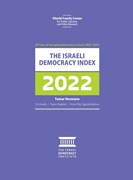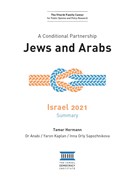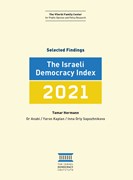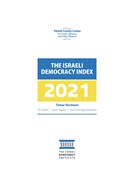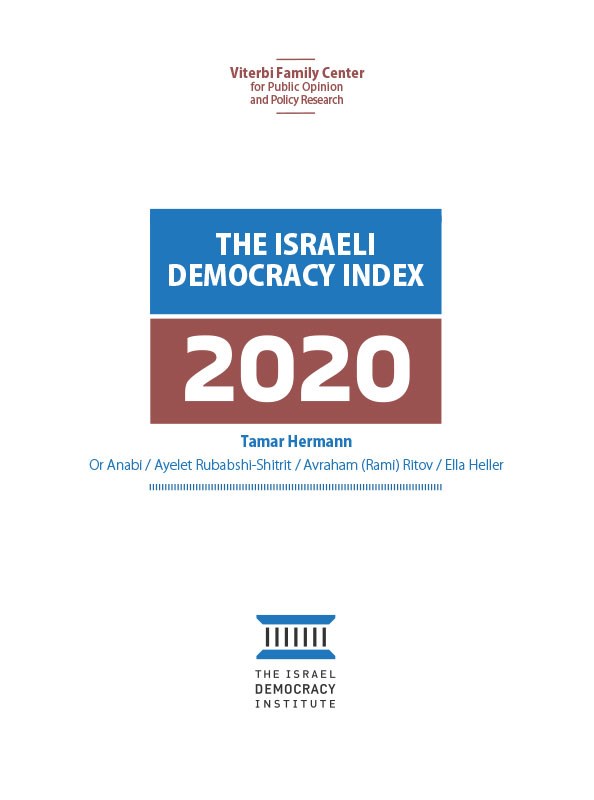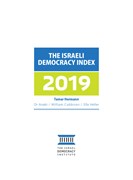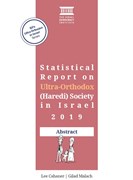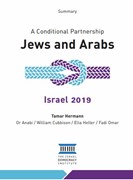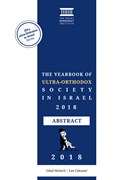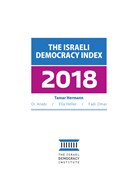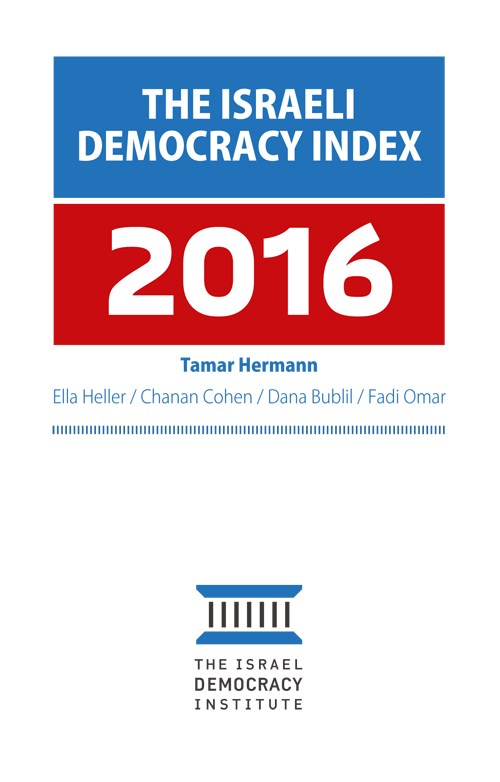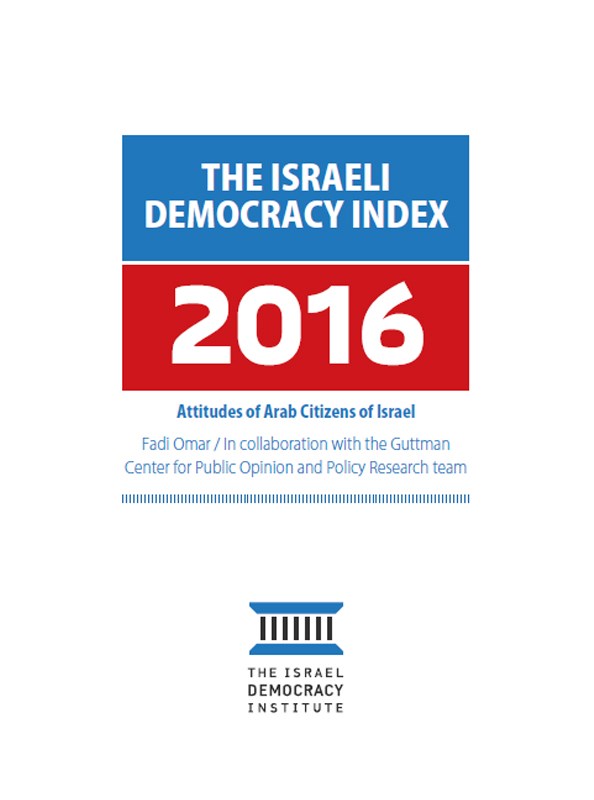

Publications Regarding Surveys and Polls
Articles

Israelis Divided on Participation in a Potential US Attack on Iran
Written By: Prof. Tamar Hermann, Dr. Lior Yohanani, Yaron Kaplan, Inna Orly Sapozhnikova
44% of the total sample supports direct military involvement in a potential US attack on Iran while 50% support participating only if Israel is attacked by Iran. The largest share (49%) think that Israel’s security will be harmed by reduced military aid from the US, down to zero, while 39.5% think it will not be harmed. Rise in optimism for the future of all four topics: democratic rule, national security, economy, and social cohesion.

Large Majority of Jewish Israelis Think Israel is Safer than Abroad; Arab Israelis More Divided on Where is Safest
Written By: Prof. Tamar Hermann, Dr. Lior Yohanani, Yaron Kaplan, Inna Orly Sapozhnikova
Around three-quarters of Jews and one third of Arabs think it is safer to live in Israel than countries abroad. There has been a decline by about 10 percentage points in the share of Israelis who support a state commission of inquiry into the events of October 7. A small majority of Israelis (54%) think Prime Minister Netanyahu was aware of the link between his close advisors and Qatar.

A Plurality of Israelis Are Against a Pardon for Prime Minister Netanyahu
Written By: Prof. Tamar Hermann, Dr. Lior Yohanani, Inna Orly Sapozhnikova, Yaron Kaplan
50% of Israelis do not think President Herzog should grant Prime Minister Netanyahu a pardon; 41% think he should. 45% of Israelis think Israel’s security forces and law enforcement agencies are too lenient in their treatment of settler groups involved in acts of violence against Palestinians; 22% think they are too harsh; 21% think their treatment is appropriate. 61% of Jews think the decision to sell F-35 war planes to Saudi Arabia harms Israel’s security.

Stay or Go? A Mapping of the Views and Considerations of Israelis in Relation to Moving Abroad
Written By: Dr. Lior Yohanani, Prof. Tamar Hermann, Inna Orly Sapozhnikova, Yaron Kaplan, Maxim Kaplan
The following is a summary of the key findings of IDI research on Israelis who express a desire to move abroad, including a sociodemographic profile, considerations and purpose of wanting to leave, and additional analysis. The research is based on a survey of a representative sample of Israeli adults, including 720 Jews and 187 Arabs. The data were collected April 6-17, 2025 by CI Marketing and Research.

Police and Domestic Security in Israeli Public Opinion in 2025
Written By: Center for Security and Democracy, Viterbi Family Center for Public Opinion and Policy Research
The survey was conducted by the Israel Democracy Institute's Center for Security and Democracy and Viterbi Family Center for Public Opinion and Policy Research.

Public Opinion in Israel on the IDF and National Security
Written By: Center for Security and Democracy, Viterbi Family Center for Public Opinion and Policy Research
The findings of the annual survey of the Center for Security and Democracy and the Viterbi Family Center for Public Opinion and Policy Research at the Israel Democracy Institute were presented at the Annual Conference on Security and Democracy, held at the Israel Democracy Institute on Tuesday–Wednesday, November 25–26, 2025.

Israelis Think US Administration Has Greater Influence on Israel's Security Decisions Than Israeli Government
Written By: Prof. Tamar Hermann, Dr. Lior Yohanani, Yaron Kaplan, Inna Orly Sapozhnikova
The largest share of respondents think that the United States has the greater influence on security decisions relating to Israel—almost double the share of those who think that the reins of security are in the hands of the Israeli government. The majority of Israelis think that Israel’s security is one of US President Trump’s central considerations.

Two Years since Oct. 7: Majority of Israelis say the Time Has Come to End the War
Written By: Prof. Tamar Hermann, Dr. Lior Yohanani, Yaron Kaplan, Inna Orly Sapozhnikova
A special survey released as Israel prepares to mark two years since the start of the war on October 7, 2023 finds: 66% of Israelis say the time has come to end the war in Gaza – up 13 percentage points since this time last year. The top reason Israelis say the war should end is the endangerment of the hostages, among both Jews (50.5%) and Arabs (34.5%). 64% of Israelis think Netanyahu should take responsibility for Oct. 7 and resign, either now (45%) or after the war (19%).

Rosh Hashana Poll: Mixed Outlook on the New Year
Written By: Prof. Tamar Hermann, Dr. Lior Yohanani, Yaron Kaplan, Inna Orly Sapozhnikova
Heading into the Jewish New Year, Israelis express a poor national mood, though are less pessimistic about the year ahead as they were at this point last year.

Even on the Right, Largest Share of Israelis Support Hostage Deal That Includes Full Withdrawal from Gaza
Written By: Prof. Tamar Hermann, Dr. Lior Yohanani, Yaron Kaplan, Inna Orly Sapozhnikova
About two-thirds of the public support a deal that would include the release of all the hostages in exchange for the cessation of hostilities and the withdrawal of the IDF from all of the Gaza Strip. A majority of Jewish and Arab Israelis oppose Jewish settlement in Gaza. Around one-third of the general public think that Israeli society will be able to bear the burden of prolonged fighting for only a few more months.

Large Majority of Jewish Israelis: Israel Making Substantial Efforts to Avoid Palestinian Suffering; Majority of Arab Israelis Disagree
Written By: Prof. Tamar Hermann, Dr. Lior Yohanani, Yaron Kaplan, Inna Orly Sapozhnikova
78% of Jewish Israelis and 22.5% of Arab Israelis think that, given the circumstances of the fighting in Gaza, Israel is making efforts to avoid causing suffering to the Palestinian population there. Nearly half of the Israeli public thinks that the security forces and enforcement agencies are too lenient in their responses to violence by groups of settlers against both the IDF and Palestinians.

Sanctions on Haredi Draft Dodgers: Public Opinion Survey of Non-Haredi Jews
Written By: Adv. Shlomit Ravitsky Tur-Paz, Viterbi Family Center for Public Opinion and Policy Research

58% of Jewish Israelis; 71% of Arab Israelis think Israel's Security is a Key Consideration for President Trump
Written By: Prof. Tamar Hermann, Dr. Lior Yohanani, Yaron Kaplan, Inna Orly Sapozhnikova
58% of Jews and 71% of Arabs think Israel's security is a key consideration for President Trump. A majority of Jews (60%) think that Israel has achieved most or all of its goals, while only 37% of Arabs concur. A plurality of Jews are optimistic that a deal to end the war in Gaza will be reached soon (50%) and that there is a high likelihood of a regional peace process beginning (48%). Among Arabs, a plurality think there is a LOW likelihood of both scenarios (49% Gaza / 45% regional peace process).

Less Than Half of the Israeli Public Trust Prime Minister Netanyahu (Jews: 46% / Arabs: 10% / Overall: 40%)*
Written By: Prof. Tamar Hermann, Dr. Lior Yohanani, Yaron Kaplan, Inna Orly Sapozhnikova
Prime Minister Netanyahu received a trust rating of 46% among Jewish Israelis and 10% among Arab Israelis (total sample: 40%). The official with the highest trust rating among Jewish Israelis (and therefore the total sample) was IDF Chief of Staff Eyal Zamir, at 68.5%. There were low levels of trust among Arab Israelis across all officials, though Mossad Director David Barnea received the highest rating, at 36%.

Flash Survey: 70% of Israelis Support the Decision to Attack Iran | Segmentation Shows Strong Support Among Jewish Israelis (82%) While Most Arab Israelis Oppose the Operation (65%)
Written By: Prof. Tamar Hermann, Dr. Lior Yohanani, Yaron Kaplan, Inna Orly Sapozhnikova
82% of the Jewish public supports Israel’s attack on Iran and the timing of the attack. 65% of the Arab public opposes both the attack and the chosen timing. Some two-thirds of the Jewish public believe that Prime Minister Netanyahu’s motives for launching an attack at this time were mainly objective and security-related. Two-thirds of the Arab public think that his motives were mainly subjective and political.

Israelis Unsure Current Military Operation Will Bring the Hostages Home or Topple Hamas
Written By: Prof. Tamar Hermann, Dr. Lior Yohanani, Yaron Kaplan, Inna Orly Sapozhnikova
48% of Jews do not think that the operation will lead to the return of the hostages, and 50% of Arab Israelis share this assessment. 50% of Jews also do not think that the operation will lead to an end of Hamas’s rule. Among Arabs, 41% do not believe that the operation will result in the defeat of Hamas.

Israelis Divided on How to Handle the Iran Nuclear Program
Written By: Prof. Tamar Hermann, Dr. Lior Yohanani, Yaron Kaplan, Inna Orly Sapozhnikova
62.5% of Jewish Israelis are pessimistic that a deal for the release of all the hostages will be reached soon; a larger share of Israelis (45%) think that Israel should strike Iran’s nuclear facilities even without American backing; As we approach Israel’s 77th Independence Day, 48% of Israelis think Israel has had more successes than failures throughout the years.

Large and Increasing Majority of Israelis Prioritize Bringing Hostages Home Over Toppling Hamas
Written By: Prof. Tamar Hermann, Dr. Lior Yohanani, Yaron Kaplan, Inna Orly Sapozhnikova
Prioritization of the hostages has been increasing steadily over time, with 68% prioritizing the hostages and 25% prioritizing toppling Hamas in the current survey; 49% of Israelis do not think achieving both war goals simultaneously is possible. A majority of Israelis, (56.5%), say the government should obey the Supreme Court decision on Ronen Bar's dismissal.

Majority of Israelis Think PM Netanyahu Should Accept Responsibility for Oct 7 and Resign – Now or After the War
Written By: Prof. Tamar Hermann, Dr. Lior Yohanani, Yaron Kaplan, Inna Orly Sapozhnikova
Around half of Israelis think that it's unlikely that President Trump will turn away from Israel, if he thinks its policies are not aligned with US interests, while close to 40% think chances are fairly high or high; 73% of the total sample support continuing with the second stage of the hostage agreement and securing the release of all the hostages.

Analysis of Voting Trends and Intentions in Israel: Review of 2024
Written By: Dr. Lior Yohanani
An analysis of the potential voting patterns for future elections, voter transitions between parties, and an exploration of the potential electoral power of the Democrats party in upcoming elections.

A Large Majority of Israelis Support Proceeding to the Second Stage of the Ceasefire Agreement
Written By: Prof. Tamar Hermann, Dr. Lior Yohanani, Yaron Kaplan, Inna Orly Sapozhnikova
More Israelis (43%) think Hamas' interests have been served better in the first stage of the ceasefire agreement than Israel's (21%); however, a majority still supports proceeding to the next stage (70%) if the first stage is completed as agreed; a vast majority of Israelis (72.5%) think the ceasefire agreement was achieved thanks to President Trump's intervention.

Majority of Israelis Support a Deal to Release All Hostages and End the War
Written By: Prof. Tamar Hermann, Dr. Lior Yohanani, Yaron Kaplan, Inna Orly Sapozhnikova
A majority of Israelis (57.5%) support a comprehensive deal for the release of all the hostages in return for an end to the war in Gaza; Most Israelis think the current situation in Syria serves Israeli interest (52.5%); 68% of all Israelis, as well as 60% of Likud voters, are opposed to a law exempting Haredim from military service, even if this would mean a dissolution of the Knesset and new elections.

“Democracy on the Frontlines” Conference Survey
Written By: The Israel Democracy Institute
Only a small minority of the Israeli public (8%) think that the judicial overhaul should be the government’s highest priority today; The majority of respondents (53%) support keeping the current structure of the Judicial Selection Committee. Only around a quarter (27%) suppor adding politicians to the Committee.

Reserve Duty During the Iron Swords War by Religious Self-Definition
Written By: Dr. Ariel Finkelstein, Nadav Porat Hirsh
This study presents a survey of the distribution of reserve duty among the various religious groupings within the Jewish population, along with more in-depth analysis regarding the age and gender of reservists.

IDI Releases New Survey Findings on Haredim; Convenes Haredi & Arab Leaders to Advance Shared Society
Written By: Israel Democracy Institute
The Israel Democracy Institute’s Joan and Irwin Jacobs Center for Shared Society convened its annual conference to discuss key issues of shared society.

Israelis Divided on Whether Netanyahu Can Fully Function as Wartime Prime Minister While Testifying on Trial
Written By: Prof. Tamar Hermann, Dr. Lior Yohanani, Yaron Kaplan, Inna Orly Sapozhnikova
48% of Israelis think PM Netanyahu cannot fully function as a wartime prime minister while testifying on trial, a large majority of Israelis think Trump will prioritize Israel's security, and a clear majority (61%) think the main reason behind the ICC's decision to issue arrest warrants is the Court's longstanding anti-Israel bias.

Deep Divisions Between Israelis on a Diplomatic Agreement with Hezbollah; On a Hostage Deal with Hamas
Written By: Prof. Tamar Hermann, Dr. Lior Yohanani, Yaron Kaplan, Inna Orly Sapozhnikova
Israelis are deeply divided on how to move forward in the conflict in Lebanon. While 54% of Jewish Israelis support continued fighting against Hezbollah, 88% of Arab Israelis are in favor of pursuing a diplomatic solution.

Israelis Think Trump is Better for Israel's Interest
Written By: Prof. Tamar Hermann, Dr. Lior Yohanani, Yaron Kaplan
IDI conducted a short survey on the Israeli public opinions in relation to the upcoming elections for president in the US. Who do Israelis prefer, Harris or Trump? These are the results.

One Year of War - Public Opinion in Israel at the One Year Anniversary of the War in Gaza
Written By: Prof. Tamar Hermann, Dr. Lior Yohanani, Yaron Kaplan
A public opinion survey marking the first anniversary of the October 7th attacks and one year into the "Iron Swords" war.

'Northern Arrows' Special Survey: Overwhelming Support for the Lebanon Offensive; Jews and Arabs Split
Written By: Prof. Tamar Hermann, Dr. Lior Yohanani, Yaron Kaplan
Jewish Israelis are broadly united (90%) in their belief that launching an in-depth offensive against Hezbollah is the correct move, while the largest share of Arab Israelis (47%) think it was not. A large majority of Israelis, over 70%, think both the IDF and Israel's civilian population would be able to withstand an extended war on two or more fronts.

Israelis Split on Motivations for Holding the Philadelphi Corridor
Written By: Prof. Tamar Hermann, Dr. Lior Yohanani, Yaron Kaplan
Israelis are divided on the question of the main reasons for Netanyahu's demand that Israel continues to control the Philadelphi Corridor. While over half of the Jewish respondents (58.5%) think this decision is based on military and strategic considerations, 66.5% of Arab-Israeli respondents thing it is due to political reasons.

The Majority of the Israeli Public Supports Establishing a State Commission of Inquiry into the Events of October 7
Written By: Dr. Dana Blander, Dr. Eran Shamir-Borer, the Viterbi Family Center for Public Opinion and Policy Research
A special survey conducted in July 2024 evaluated public opinion on the need to establish a commission of inquiry into the tragic events of October 7th, 2024.

Across Political Orientations; Jewish and Arab Israelis Have Negative Feelings Toward the Government
Written By: Prof. Tamar Hermann, Dr. Lior Yohanani, Yaron Kaplan
Across the Left, Right and Center, rates of Jewish Israelis who say the feel "anger," "disappointment" or "frustration" are considerably higher than those expressing satisfaction, pride, or trust. A large majority of Israelis (70%) support the establishment of an inquiry into the events of Oct. 7th, but do not agree on the timing of such an inquiry.

Most Israelis Support Deal to Release All Hostages and End the War in Gaza; Israelis Divided on How to Handle the Northern Front
Written By: Prof. Tamar Hermann, Dr. Lior Yohanani, Yaron Kaplan
Across the total sample, 56% of Israelis support a deal to release all the hostages and end the war in Gaza; 29.5% support a deal to release some hostages in exchange for a temporary ceasefire; 14.5% don't know.

Netanyahu Government Gets Low Grades Across Various Wartime Issues
Written By: Prof. Tamar Hermann, Dr. Lior Yohanani, Yaron Kaplan
Across the issues of US-relations, the war in Gaza, evacuees from the south and the north, fighting Hezbollah, and public diplomacy efforts abroad—both Jewish and Arab Israelis give the government low grades.

A Majority of Jewish Israelis See a Hostage Deal as a Higher National Priority Than Military Action in Rafah
Written By: Prof. Tamar Hermann, Dr. Lior Yohanani, Yaron Kaplan
The majority of the Jewish public (56%) think that securing a deal for the release of the hostages is the highest priority; a higher share of Jewish respondents think Trump would be better for Israel as US president; most Israelis think that celebrations of Israel's 76th Independence Day should be more restrained and less prominent this year.

Israelis say the time has come for those responsible for October 7 to step down
Written By: Prof. Tamar Hermann, Dr. Lior Yohanani, Yaron Kaplan
After more than six months of war, we found that among both Jewish (58%) and Arab Israelis (81%) there is widespread agreement that now that the majority of Israeli forces have left the Gaza Strip, the time has come for those who were responsible for the failure of October 7 to resign from their positions.

Across the Political Spectrum, Only a Minority of Israelis Think the Government will Survive to the End of its Term
Written By: Prof. Tamar Hermann, Dr. Lior Yohanani, Yaron Kaplan
Slightly more than half of Jewish respondents think that the government is doing all it can to bring the hostages home; only a minority of Arabs concur. Only a minority of Israelis think the government will complete its four-year term and a majority of Israelis think that Hamas has succeeded in refocusing international attention on the Palestinian problem.

Majority of Israelis give low ratings to Prime Minister Netanyahu; high ratings to IDF Chief of Staff
Written By: Prof. Tamar Hermann, Yaron Kaplan, Dr. Lior Yohanani
The majority of Israelis gave Prime Minister Netanyahu low ratings (57%), while IDF Chief of Staff Herzi Halevi topped the rankings of positive performance (48%). More than two-thirds of Israelis think we are on the verge of an all-out-war with Hezbollah – 69%.

The Israeli Democracy Index 2023
The IDF and local authorities received the highest trust ratings from the Jewish public, while the political institutions were at the bottom with the lowest level. The post October 7th survey also saw a substantial increase in trust in the Israeli police.

Large Majority of Jewish Israelis Want Changes to the Conscription Law
Written By: Prof. Tamar Hermann, Yaron Kaplan
Most Israelis would like to see the exemption given to the Haredi community changed; when asked whether the Israel can continue relying on the US's support, public opinion was divided, with an inclination toward continued reliance; around half of Israelis think Israel's standing in the international arena is not good.

Most Israelis: an "Absolute Victory" to the War is Unlikely
Written By: Prof. Tamar Hermann, Yaron Kaplan
Most Israelis think Palestinian terrorism will remain the same or increase if a Palestinian state were declared. A vast majority (81%) of Israelis think the likelihood of reform in the Palestinian Authority is low, while a majority of Israelis think absolute victory in Gaza is unlikely.

For the Israeli Public, Bringing the Hostages Back is the Top Priority
Written By: Prof. Tamar Hermann
Prof. Tamar Hermann, on Kan English podcast: Most Israelis prioritize a hostage release over toppling Hamas, with 51 percent of Israelis saying they think bringing the hostages home should be the main goal of the war, while 36 percent say toppling Hamas should be the main goal, according to a new survey conducted by the Israel Democracy Institute. At the same time, there are large divides by population sectors, the January 2024 Israeli Voice Index found.

A Large Majority of Israelis Want Early Elections
Written By: Prof. Tamar Hermann, Dr. Or Anabi
59% of Jewish Israelis oppose a deal that would lead to the establishment of a Palestinian state with guarantees from the US and peace agreements with Arab states such as Saudi Arabia; when asked to choose, 51% of Israelis said they think the main goal of the war should be bringing the hostages home and 36% think it should be toppling Hamas; half of Israelis think the ICJ ruling, issuing temporary measures, to be harsh.

Most Israelis Oppose a Hostage Deal in Exchange for a Halt in Fighting and Releasing all Palestinian Prisoners
Written By: Prof. Tamar Hermann, Dr. Or Anabi
Most Jewish Israelis expect the war to continue for months, while a majority of Jewish respondents oppose a deal for the release of the hostages in return for the release of all Palestinian prisoners and a cessation of the fighting in Gaza. Meanwhile, over 60% of Israelis claim that their personal lives have returned to normal.

Israeli Public Is Concerned Over Budget Priorities as the War Continues
Written By: Daphna Aviram-Nitzan, Prof. Karnit Flug, Roe Kenneth Portal
This survey was conducted in order to assess public opinion regarding the preferred economic policy in light of the war in Gaza, to identify the main areas of concern to the public, and to examine the public’s views on various social issues.

Most Israelis Oppose Meeting US Demands to Shift to New Phase of War
Written By: Prof. Tamar Hermann, Dr. Or Anabi
About two-thirds (66%) of Israelis say they do not think Israel should agree to US demands to shift to a phase of the war with a reduced heavy bombing in populous areas. 75% of Jewish Israelis oppose meeting the demands, compared to only 21% of Arab Israelis.

Most Arab Israelis: October 7 Attack Does Not Reflect Islamic, Palestinian, or Arab Society Values
Written By: Dr. Adam Asad, Yaron Kaplan
56% of all Arab Israelis say the attack by Hamas on October 7 does not reflect Arab society, the Palestinian people, and the Islamic nation. 33% say it does and 11% are unsure.

Even on the Right, Israelis Want Elections Immediately After the War
Written By: Prof. Tamar Hermann, Dr. Or Anabi
Two thirds of Israelis do not think that the government currently has a clear plan of action for the next day and the majority, even on the right, believe elections should be held as soon as the war ends. Even so, no significant movement is currently indicated between the political blocs.

Israelis Sharply Divided on the Question of a Two-State Solution in Return for US Assistance
Written By: Prof. Tamar Hermann, Dr. Or Anabi
Among Jewish Israelis, 75% on the Left support making progress toward a two-state solution to the conflict in return for American assistance, compared to 45% in the Center and only 21% on the Right.
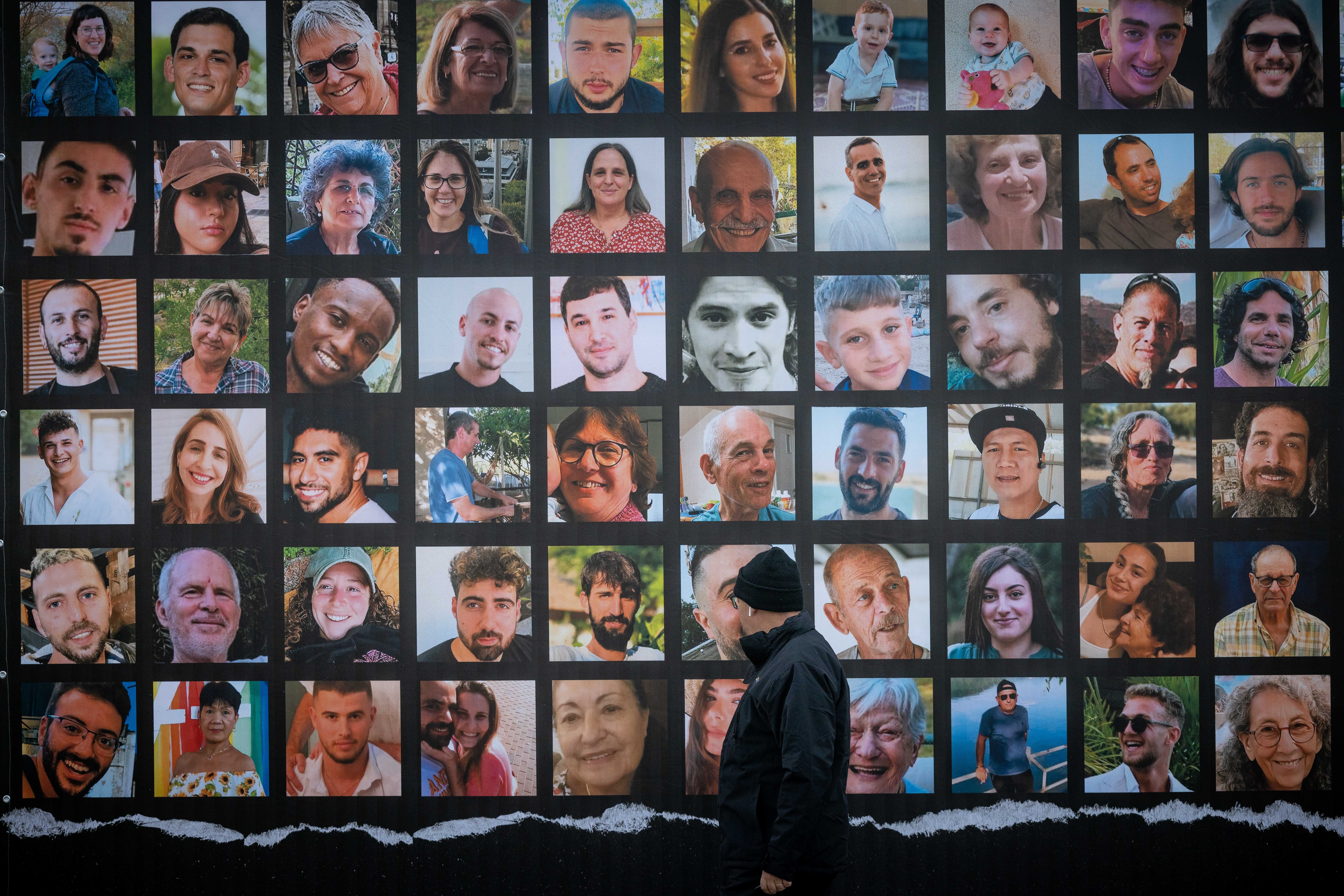
Overwhelming Majority of Jewish and Arab Israelis: The Release of all Hostages is a Goal of Importance
Written By: Prof. Tamar Hermann, Dr. Or Anabi
IDI's fifth War in Gaza survey finds that among Jewish Israelis, toppling Hamas and releasing the hostages are pivotal war-goals. The majority of respondents do not think that the government currently has a clear action for the day after the fighting ends, and there is rising support (56%) for an amendment to the Nation-State Law, to safeguard equality for non-Jewish citizens.

Flash Survey: Israelis support immediate negotiations to release the hostages while fighting continues
Written By: Prof. Tamar Hermann, Dr. Or Anabi
A majority of the Jewish public think the government's focus on the judicial overhaul had a critical impact on the timing of Hamas' Oct. 7th attack. Support for negotiations for the release of the hostages in Gaza has risen, but most think the fighting should not stop.

Most Israelis Prefer to Wait Until After the War to Designate Responsibility
Written By: Prof. Tamar Hermann, Dr. Or Anabi
The October 2023 edition of the Israeli Voice Index shows that a significant majority of Jewish Israelis trust the heads of the IDF over PM Netanyahu. If elections were to be held today, a majority of Israelis (55%) would vote for the same bloc they voted for in the last elections.

Flash Survey: More Israelis are optimistic about the country's future despite being at war
Written By: Prof. Tamar Hermann, Dr. Or Anabi
Despite being at war, more Israelis are optimistic about the future of the country than earlier this year, yet most Israelis (64%) fear for their physical safety or that of their immediate family members.

30 years after the Oslo Accords: A large share of Israelis think it was wrong for Israel to enter the process
Written By: Prof. Tamar Hermann, Dr. Or Anabi
As we mark the 30th anniversary of the Oslo Accords this month, a larger share of Jewish respondents think it was incorrect to enter into that process, while the percentage of respondents who selected "don't know" was exceptionally large.

Many Israelis believe a deal with Saudi Arabia would strengthen PM Netanyahu politically
Written By: Prof. Tamar Hermann, Dr. Or Anabi
As it is widely known that negotiations have been underway between Israel and Saudi Arabia under the auspices of the United States, we asked two questions regarding the expected impact of the negotiations and a possible agreement on domestic matters.

Israelis are deeply divided on the upcoming Supreme Court hearings
Written By: Prof. Tamar Hermann, Dr. Or Anabi
41.5% of coalition voters and 6% of opposition voters said that the Court lacks the authority to perform judicial review over Basic Laws passed by Knesset. 73% of Israelis agree that in order to bridge the divisions between the political camps, attempts should be made to reach a compromise.

Without Education for Democracy, There Can Be No Democracy
Written By: Dr. Tammy Hoffman, Meital Baron
Marking the beginning of the new school year, a special survey was conducted asking the public whether they agree that it is the teacher's role to education for democracy. Almost three-quarters of the respondents agree that it is.

A majority of Israelis think that Israel is currently in a state of emergency
Written By: Prof. Tamar Hermann, Dr. Or Anabi
The July 2023 edition of the Israeli Voice Index finds that 58% of Israelis believe the country is in a "state of emergency." Only a small minority of Israelis believe that IDF reservists, who fail to report for duty in protest of the judicial overhaul, should be dismissed.

Flash Survey: Most Israelis Assess that the Protest Movement Has Delayed Progression of the Judicial Overhaul
Written By: Prof. Tamar Hermann, Dr. Or Anabi
Almost a quarter of Israelis have participated in some form of protest, a majority assess that the protest movement has delayed the progress of the judicial overhaul and Likud voters are divided on the question of continuing its implementation.

Six Months In, Government Gets Low Grades in All Areas
Written By: Prof. Tamar Hermann, Dr. Or Anabi
As the government completes its first six months in office respondents were asked to rate its performance in various fields.

Two States for One People? Israelis Want to Stay United
Written By: Prof. Tamar Hermann, Dr. Or Anabi
Trust in the Supreme Court remains steady, while the share of Israelis who trust the Knesset has almost doubled since last year. Opinions on the likelihood of the government completing its term are fairly evenly divided in the Jewish public.

Israeli Work Life Post Covid
Written By: Daphna Aviram-Nitzan, Yarden Kedar, Roe Kenneth Portal
New survey of Israeli workers reveals changes in levels of satisfaction post COVID pandemic: Most workers in Israel are satisfied with their work-life balance, despite the fact that half of them work more than their official number of hours; around a third report difficulty with functioning in family life

Low Prospects for a Compromise Between Opposition and Coalition
Written By: Prof. Tamar Hermann, Dr. Or Anabi
This month we found a slight rise in optimism regarding both the future of democratic rule in Israel and the future of national security. However, almost two-thirds of Arab Israeli respondents replied they are worried that they or family members will be victims of violent crime.

National Mood Unrestful
Written By: Prof. Tamar Hermann, Dr. Or Anabi
This month saw a decline in optimism regarding both the future of democratic rule in Israel and the future of national security. 21% of Israelis have participated in at least one act of protest against the judicial reforms.

Less than a Third Optimistic about Israel’s Internal Security
Written By: Prof. Tamar Hermann, Dr. Or Anabi
44% of Israelis are optimistic about Israel’s external security– only 28% are optimistic regarding Israel’s internal security.

Only a Minority of Israelis Support the Proposed Judicial Overhaul
Written By: Prof. Tamar Hermann, Dr. Or Anabi
66% of Israelis: Supreme Court should have power to strike down laws that are incompatible with Israel’s Basic Laws | On Judicial Selection Committee: 63% Support Current Principle Requiring Agreement between Politicians and Justices.

Overhauling the Judicial System – What Do Israelis Think?
Written By: Prof. Tamar Hermann, Dr. Or Anabi
The Index reveals that regarding the proposed plan to overhaul the judicial system, 43% describe the initiative is “bad” – while 31% describe it is “good.” A quarter of respondents said that they do not have an opinion on the Levin plan. A large majority (64%) are in favor of dialogue between the different political camps regarding the proposed legislative changes in an attempt to reach compromise.

Majority Think Too Many Concessions Made to Coalition Partners
Written By: Prof. Tamar Hermann, Dr. Or Anabi
The most common opinion in the Israeli public is that formation of the new government will have a negative effect both on Israel’s international standing and on the civil status of Arabs in Israel.
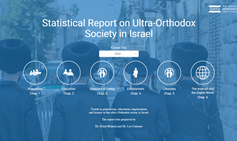
Population
Written By: Dr. Lee Cahaner, Dr. Gilad Malach
First chapter of six of the 'Statistical Report on Ultra-Orthodox Society in Israel'

Education
Written By: Dr. Lee Cahaner, Dr. Gilad Malach
Second chapter of six of the 'Statistical Report on Ultra-Orthodox Society in Israel'

Standard of Living
Written By: Dr. Lee Cahaner, Dr. Gilad Malach
Third chapter of six of the 'Statistical Report on Ultra-Orthodox Society in Israel'

Employment
Written By: Dr. Lee Cahaner, Dr. Gilad Malach
Fourth chapter of six of the 'Statistical Report on Ultra-Orthodox Society in Israel'

Lifestyles
Written By: Dr. Lee Cahaner, Dr. Gilad Malach
Fifth chapter of six of the 'Statistical Report on Ultra-Orthodox Society in Israel'
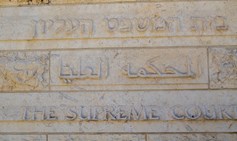
Supreme Court Should Retain Power – Survey
Written By: Prof. Tamar Hermann, Dr. Or Anabi
The majority of Israelis think that the Supreme Court should retain its ability to strike down legislation that contravenes the country’s Basic Laws – and only 16% said that the Judicial Selection Committee that appoints justices should be politicized by increasing the number of elected officials serving on it.

39% of Israelis Do Not Trust the Purity of the Knesset Elections
Written By: Prof. Tamar Hermann, Dr. Or Anabi
The Israeli Voice Index finds that while 56% of Israelis expressed trust in the upcoming election, 39% said they question if the results “precisely reflect how the public voted.”
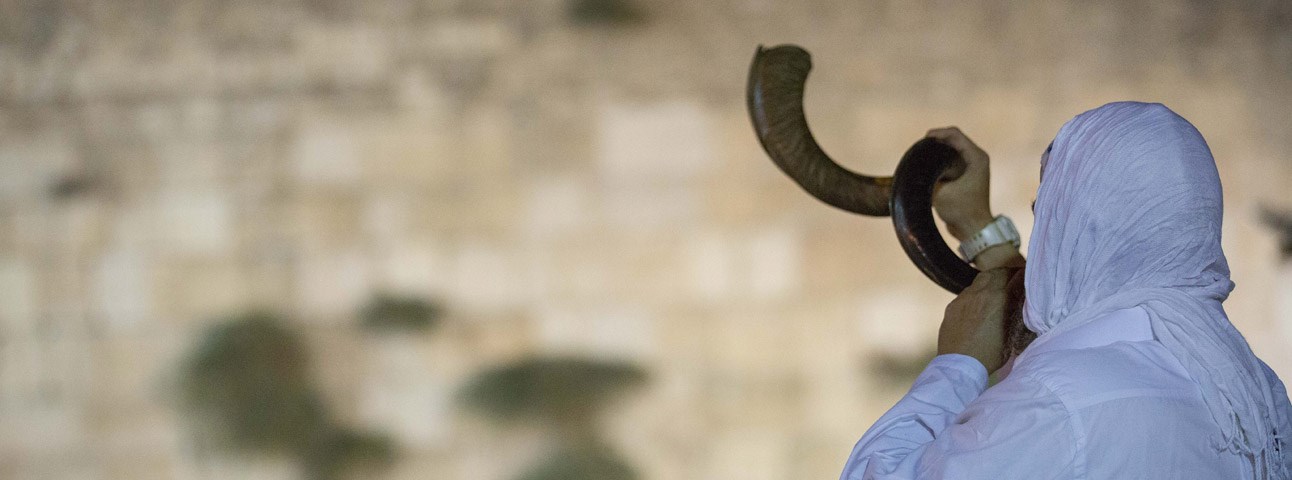
On the Eve of the Jewish New Year: How Optimistic Are Israelis and What Are Their Opinions on Iran and the Two-State Solution?
Written By: Prof. Tamar Hermann, Dr. Or Anabi
Only 32% of Jewish Israelis support advancing a ‘two-state’ solution as a means for resolving the conflict with the Palestinians. When it comes to thwarting the possibility of a nuclear-armed Iran, half of the public thinks Israel can attack Iran’s nuclear facilities even without American agreement.

Who is a Jew? Survey on Religion and State
Written By: Dr. Ariel Finkelstein, Ayala Goldberg, Adv. Shlomit Ravitsky Tur-Paz
70% of Jewish Israelis do not accept patrilineal descent and therefore do not consider those born to a Jewish father and non-Jewish mother to be Jewish. The new IDI survey reveals what Israelis really think on matters of religion and state

Only Half of Israelis Intend to Repeat Their 2021 Vote
Written By: Prof. Tamar Hermann, Dr. Or Anabi
Half of Israelis intend to vote for the same party they voted for in the previous (2021) elections and almost one-quarter of respondents say that they have not yet decided which party to vote for in the November 1st election
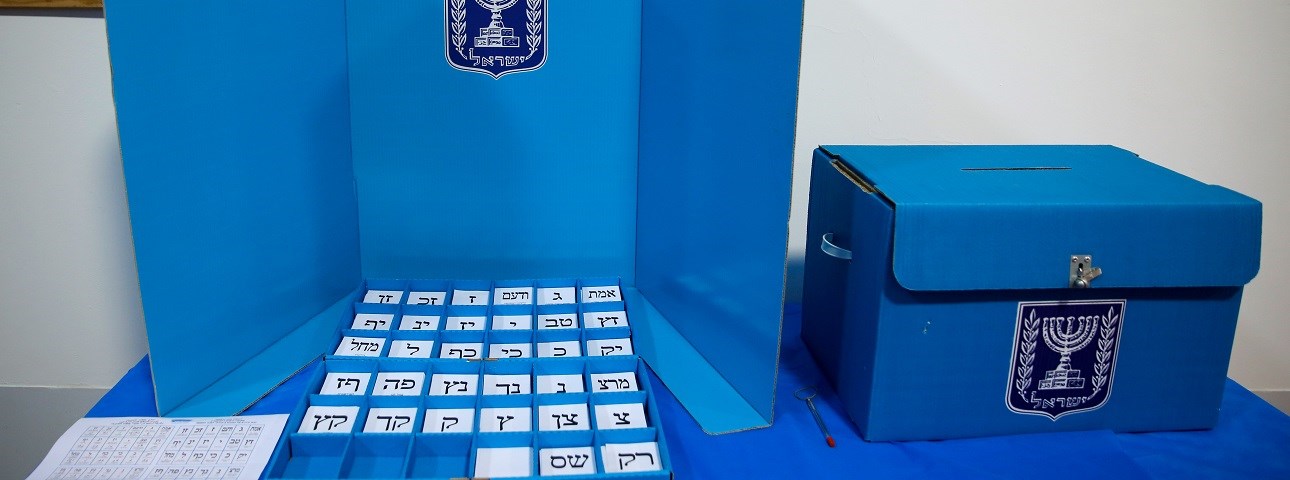
Jewish Israeli Voters Moving Right - Analysis
Written By: Dr. Or Anabi
New analysis by Dr. Or Anabi reveals a strong correlation between those who identify as left-wing and their votes for parties categorized on the left. The same applies to Israelis who places themselves in the ideological center. By contrast, the voting patterns of Israelis who identify on the right is more complicated with many voting for parties thought to fall outside of the traditionally-defined right-wing bloc.

Israelis Say That Food and Housing Are Highest Expenditures
Written By: Prof. Tamar Hermann, Dr. Or Anabi, Yaron Kaplan
A special IDI survey found that Israelis say that while there has been an 8.5% rise in their expenses over the past year, wages have remained stagnant – and even declined. The public is also split on which type of government after November’s election would deal best with the high cost of living.

President Biden’s Visit, in Retrospect
Written By: Prof. Tamar Hermann, Dr. Or Anabi, Yaron Kaplan
After President Biden's visit to Israel, more Israelis are convinced of his commitment to ensuring Israel’s security when negotiating with Iran.

Israelis Say They Base Their Vote on Party’s Economic Platform
Written By: Prof. Tamar Hermann, Dr. Or Anabi, Yaron Kaplan
The Israeli Voice Index for July 2022 found that the main factor influencing Israelis’ consideration when voting is the party’s platform on economic issues and its plan for coping with the high cost of living (44%). 24% of respondents say that the party head is their top factor in deciding which slate to vote for

Voting Patterns of Jewish Israelis in the March 2021 Elections by Religious Affiliation
Written By: Dr. Ariel Finkelstein
How much does religious affiliation influence the votes that Israelis cast in the ballot box? Central Bureau of Statistics data and Viterbi Center surveys are used to present a comprehensive picture.

The Center: Yesh Atid, New Hope, Blue and White and Yisrael Beitenu Voters
Written By: Prof. Tamar Hermann, Dr. Or Anabi
The Center of the Israeli political map is fluid and is still developing a systematic and uniform ideological worldview. What do we know about its voters?

Majority Think Low Chances Next Election will End Gridlock
Written By: Prof. Tamar Hermann, Dr. Or Anabi
51% of Israelis are satisfied with the decision to hold new elections and 62.5% will vote for the same party as the last election; 57.5% of Israelis think that there is a low likelihood of a stable government being formed after the election

Bennett-Lapid Government - One Year
Written By: Prof. Tamar Hermann, Dr. Or Anabi
One year since the formation of the Bennett-Lapid government: assessment of government’s performance tied to parties Israelis voted for

Israelis Support the West’s Policies on Russia Press Release
The Israeli Voice Index for February 2022 found that almost half of Israelis (48%) support the current policy of western countries to impose harsh sanctions on Russia but not to engage directly with military force. 37% of those surveyed believe that a military intervention is the preferred course of action.

Ambassador Briefing - Israeli Democracy Index 2021
Written By: Yohanan Plesner , Prof. Tamar Hermann
IDI President Yohanan Plesner and Prof. Tamar Herman present the the main findings of the 2021 Israel Democracy Index to dozens of foreign ambassadors stations in Israel.
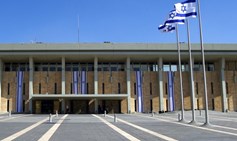
Israel’s Governmental Institutions Must be Strengthened
Written By: Yohanan Plesner
There should be a real commitment to improving Israel's political system and correcting its flaws.
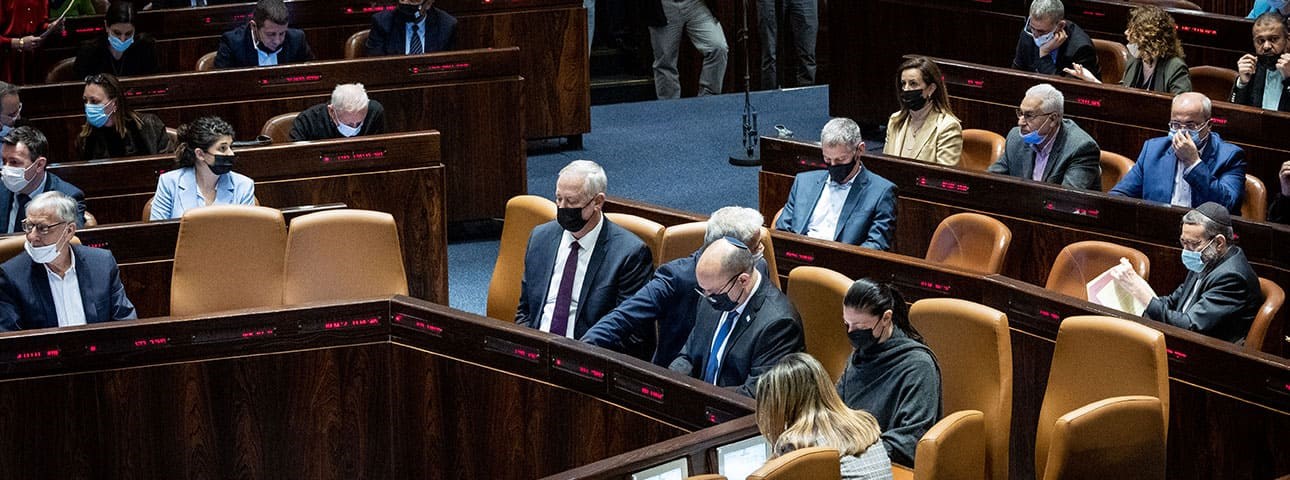
Pandemic Dictates Substantial Changes
Written By: Prof. Tamar Hermann, Dr. Or Anabi
54% of Israeli say that the pandemic has caused them to change their daily routine, and 45% said that they have made significant changes such as switching jobs or halting their studies. As 2021 drew to a close, more than a quarter of those participating in the survey said they are considering or intending to leave their current workplace in the foreseeable future.

Trust is on the Wane
Written By: Dr. Guy Lurie
Despite a decline in trust - the public still believes that in the Court’s role as a professional independent entity and guardian of democratic principles.
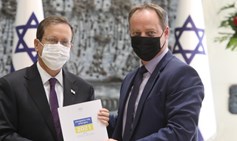
Israeli Democracy Index 2021: Trust
Written By: Prof. Tamar Hermann, Dr. Or Anabi, Yaron Kaplan, Inna Orly Sapozhnikova
IDI's 2021 Israeli Democracy Index shows a decline in trust in most state institutions
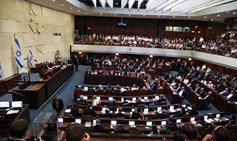
Israeli Democracy Index 2021: Democratic Values
Written By: Prof. Tamar Hermann, Dr. Or Anabi, Yaron Kaplan, Inna Orly Sapozhnikova
The 2021 Democracy Index reveals a complex picture regarding the level of public trust in key institutions and officials, 46% of respondents say that tensions between Jews and Arabs is the fiercest tension in Israeli society

2021 Israeli Democracy Index: Israel’s Legal System
Written By: Prof. Tamar Hermann, Dr. Or Anabi, Yaron Kaplan, Inna Orly Sapozhnikova
A small majority agree that the Supreme Court should have the power to overturn laws passed by the Knesset when democratic principles are contradicted, while a high rate of the Israeli public, primarily from the right-wing and ultra-Orthodox, believe that the selection of judges in Israel is based on political considerations.

67% of Israelis Want to Transfer More Power from Government to Local Authorities
Israelis express a high degree of trust in their municipalities and there is strong support for transferring more authority away from national government ministries to local authorities.

An Increase Among Ultra-Orthodox Men Enrollment in Higher Education and Yeshivas
Written By: Dr. Gilad Malach, Dr. Lee Cahaner
Ultra-Orthodox Jews now make up 13% of Israelis, and are continuing to grow rapidly. In 2020, the pandemic led to an increase in the number of applicants for professional and academic training, especially among ultra-Orthodox men
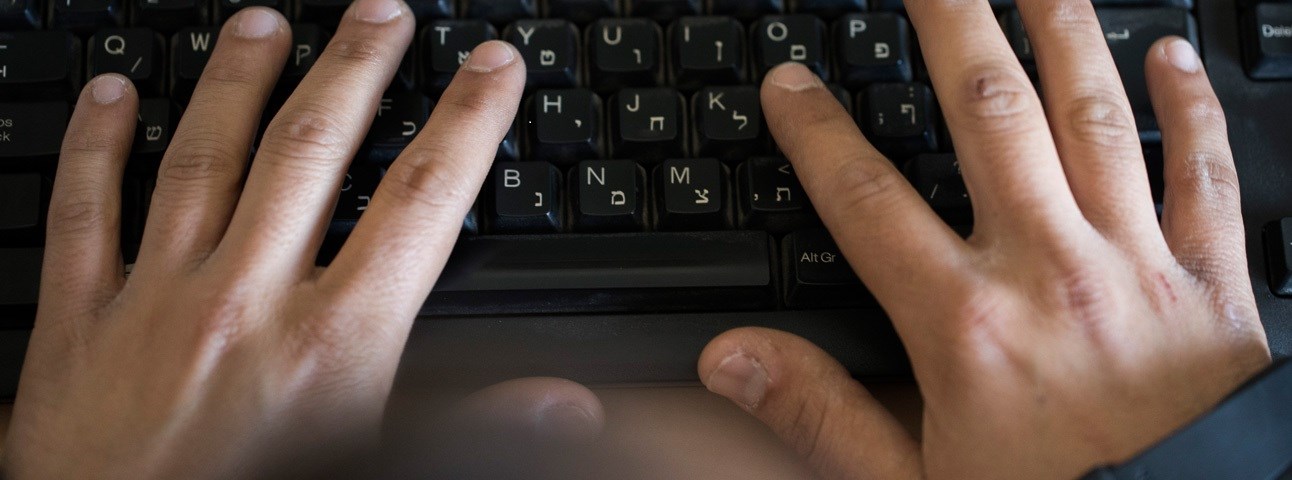
Two Thirds of Ultra-Orthodox Are Online
Written By: Dr. Gilad Malach, Dr. Lee Cahaner
Despite public criticism, two thirds of ultra-Orthodox Israelis are now online
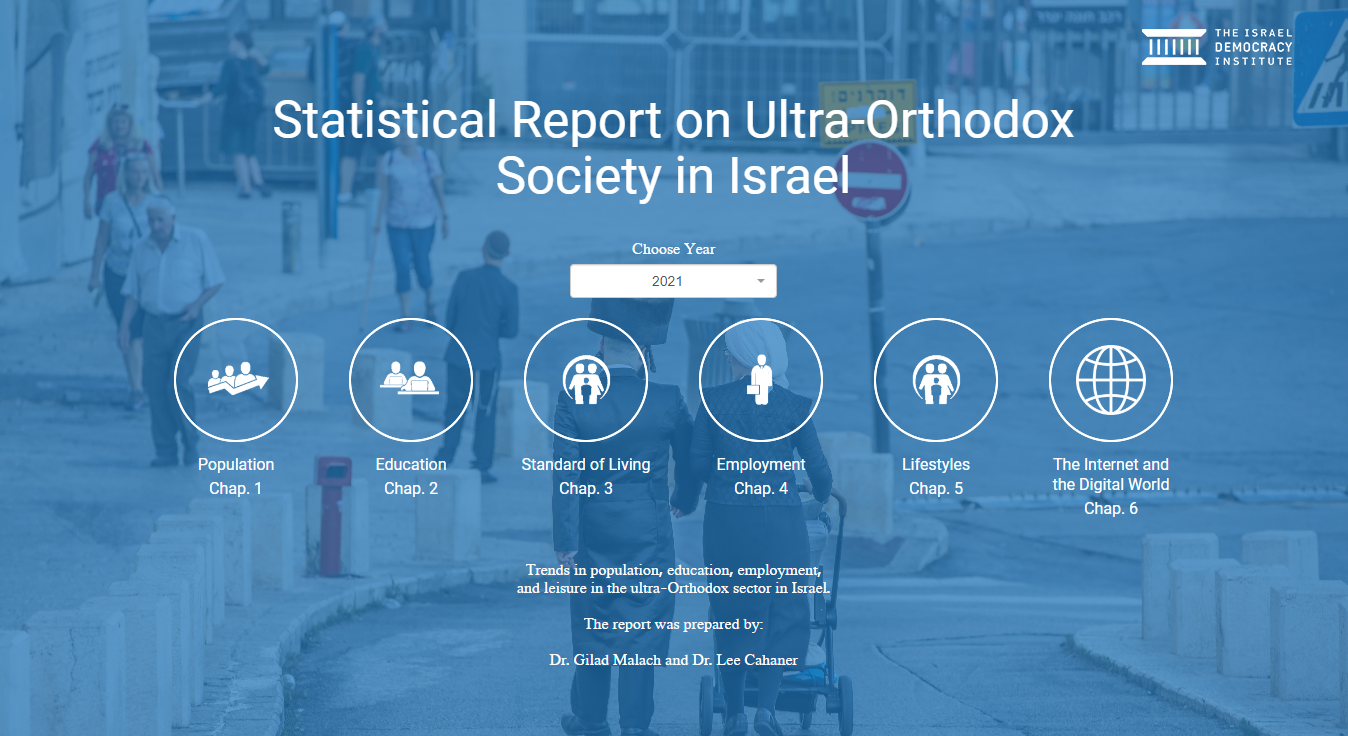
Standard of Living
Written By: Dr. Lee Cahaner, Dr. Gilad Malach
Third chapter of six of the 'Statistical Report on Ultra-Orthodox Society in Israel'

Employment
Written By: Dr. Lee Cahaner, Dr. Gilad Malach
Fourth chapter of six of the 'Statistical Report on Ultra-Orthodox Society in Israel'

Lifestyles
Written By: Dr. Lee Cahaner, Dr. Gilad Malach
Fifth chapter of six of the 'Statistical Report on Ultra-Orthodox Society in Israel'

Population
Written By: Dr. Lee Cahaner, Dr. Gilad Malach
First chapter of six of the 'Statistical Report on Ultra-Orthodox Society in Israel'

Does Iran pose an existential threat? Israeli Voice Index November 2021
Written By: Prof. Tamar Hermann, Dr. Or Anabi
62% of Israeli Jews think that Iran poses an existential threat and 58% would support an attack on Iran’s nuclear facilities also without American consent

Changing Public Perceptions of the IDF: Special Survey
While Israelis award the IDF good grades for its operational capabilities and ethical conduct in combat, less than a third of the public think the IDF is managing its budget well and in a fiscally-responsible manner. 47% of Jewish Israelis now think that the IDF should abandon its 'people's army' model and transition to a professional standing military.
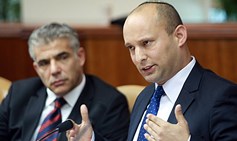
Israel's International Standing Has Remained Stable Under the New Government
Written By: Prof. Tamar Hermann, Dr. Or Anabi
Most Israelis think that their country's international standing has either remained the same as it was under former Prime Minister Benjamin Netanyahu (37%) or improved (28%) since Prime Minster Naftali Bennett and Foreign Minister Yair Lapid assumed office.

Israel 2050: Global Warming - Israelis Concerned - Survey Part I & II
Written By: Daphna Aviram-Nitzan, Hila Shoef Kollwitz
As part of IDI's 'Israel 2050' initiative, a survey found that the majority of Israelis are concerned about the risks of global warming and believe that their government should act accordingly.

Ahead of the Jewish New Year - National Mood Pessimistic
Written By: Prof. Tamar Hermann, Dr. Or Anabi
Ahead of the Jewish New Year, 60% of Israelis define the national mood as "pessimistic." 52% of Jewish Israelis may skip their holiday meals if they include unvaccinated guests.

A Decade Since the Social Protests, Summer 2011 – Highlights
Written By: Prof. Tamar Hermann, Dr. Or Anabi
A decade since the 2011 social protest, most Israelis think the social protest has failed to achieve its goals, with rising housing prices and growing gaps between rich and poor. On the other hand, most of them believe that the Balfour protest from the past year has actually succeeded. And despite everything, a large majority of the Israeli public still believes that public protests are an effective tool for influencing government policy

70% Believe Israel is on its way to Fifth Election
Written By: Prof. Tamar Hermann, Dr. Or Anabi
With coalition negotiations faltering, the April Israeli Voice Index finds that 70% of Israelis think the country is on the way to a fifth election.

Majority of Israelis: Netanyahu’s Efforts to Forge Ties with Arab Public Insincere
Written By: Prof. Tamar Hermann, Dr. Or Anabi
A large majority of Israelis think Netanyahu’s efforts to forge ties with Arab Israelis are insincere - 25% of Arab Israelis think they should nevertheless cooperate.

IDI's 2020 Democracy Index: Trust in HMOs is Higher Than All Other Public Institutions
Israeli Democracy Index 2020 included a focus on Israel’s healthcare system and found higher levels of satisfaction with HMOs than with hospitals and public trust in Sick Funds is higher than in any other public institution surveyed

IDI's 2020 Democracy Index: Erosion in Israelis' Assessment of Police
Israeli Democracy Index 2020 reveals sharp decline in assessment of relations between the police and the public since the outbreak of COVID-19. A majority of Israelis believe that the police does not take criticism seriously
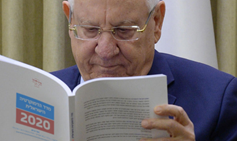
IDI's 2020 Democracy Index: Public Trust, Social Solidarity and Democracy in Danger
Israeli Democracy Index 2020 reveals the lowest point in a decade in the public's trust in all public institutions and government officials—particularly in the Knesset and the Supreme Court – as well as major erosion of the public’s sense of social solidarity.

Israel’s Unique Challenges Require a Strong Leader
Written By: Prof. Tamar Hermann, Dr. Or Anabi
53% of Israelis agree or strongly agree that dealing with Israel’s special problems requires a strong leader who will not worry about the Knesset, the media or public opinion.

IDI Dedicates the Viterbi Family Center for Public Opinion and Policy Research
The Israel Democracy Institute has renamed its renowned center for public opinion and research in honor of Dr. Andrew J. Viterbi.

Education
Written By: Dr. Lee Cahaner, Dr. Gilad Malach
Second chapter of six of the 'Statistical Report on Ultra-Orthodox Society in Israel'
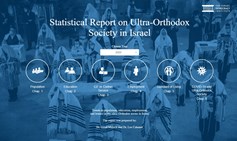
Population
Written By: Dr. Gilad Malach, Dr. Lee Cahaner
First chapter of six of the 'Statistical Report on Ultra-Orthodox Society in Israel'

Education
Written By: Dr. Gilad Malach, Dr. Lee Cahaner
Second chapter of six of the 'Statistical Report on Ultra-Orthodox Society in Israel'

IDF or Civilian Service
Written By: Dr. Gilad Malach, Dr. Lee Cahaner
Third chapter of six of the 'Statistical Report on Ultra-Orthodox Society in Israel'

Employment
Written By: Dr. Gilad Malach, Dr. Lee Cahaner
Fourth chapter of six of the 'Statistical Report on Ultra-Orthodox Society in Israel'

Standard of Living
Written By: Dr. Gilad Malach, Dr. Lee Cahaner
Fifth chapter of six of the 'Statistical Report on Ultra-Orthodox Society in Israel'

How Willing are Israelis to Reduce Carbon Emissions? Survey
A new survey conducted by the Israel Democracy Institute (IDI) examined Israeli's attitudes toward climate change and the possible steps to stem the tide.

Leaders' Credibility Low
Written By: Prof. Tamar Hermann, Dr. Or Anabi
Our monthly Index found that both Prime Minister Netanyahu and Alternate Prime Minister Benny Gantz have low or very low credibility among Israelis.
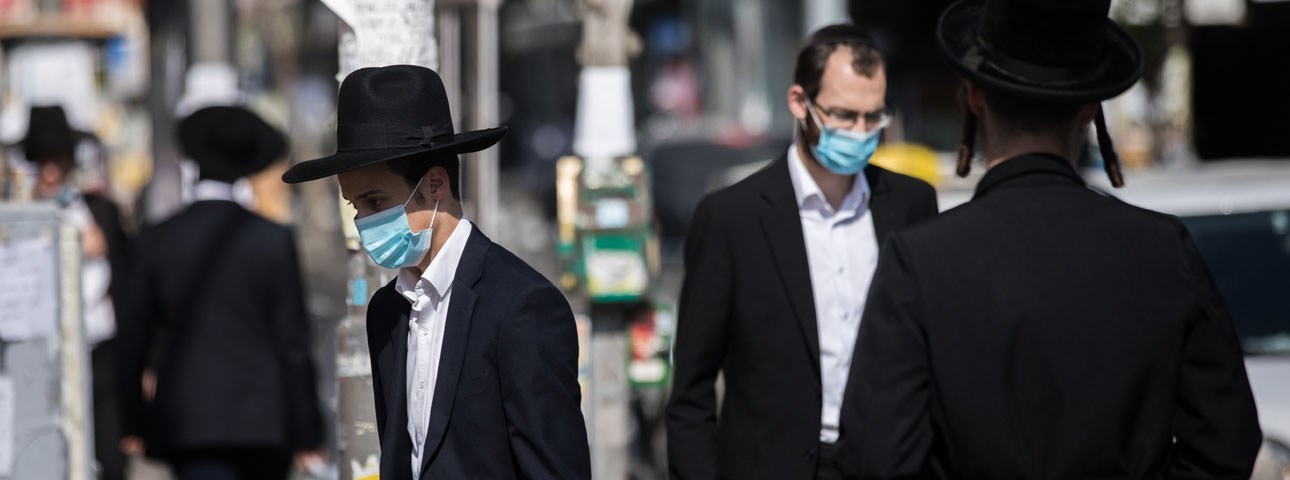
Haredim Trust Rabbis More Than the Health Ministry on COVID-19
Written By: Prof. Tamar Hermann, Dr. Or Anabi
62% of Haredim have very little or no confidence in Prime Minister Netanyahu's Handling of COVID-19; 60% think decision makers are guided mostly or only by political concerns

National Security and Democracy Day 2
The second day of the Israel Democracy Institute's Center for National Security and Democracy annual conference, held in partnership with the Konrad Adenauer Stiftung (Israel office), concluded today (Wednesday). The online conference focused on public trust in the IDF, the militarization of a civilian crisis, the IDF model of service and gender equality in the military.
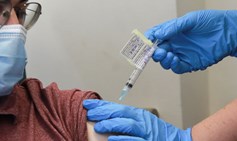
Israelis Wary about Partaking in First Round of Vaccinations
Written By: Prof. Tamar Hermann, Dr. Or Anabi
This survey is the fourteenth in a special series examines the public attitudes towards government policies relating to the coronavirus outbreak and to the economic fallout from the pandemic

70% of Jewish Israelis: A Second Trump is Preferable for Israel’s Interests
Written By: Prof. Tamar Hermann, Dr. Or Anabi
When it comes to the their country's interests, Israelis increasingly think that Donald Trump is the preferable US presidential candidate.
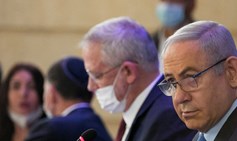
Majority Think 2nd Lockdown was Politically Motivated
Written By: Prof. Tamar Hermann, Dr. Or Anabi
55 percent of Israelis believe that the second lockdown was solely or mainly politically motivated; The majority of the public continues to express confidence in Prof. Gamzu; Continued increase in public concern about the economy
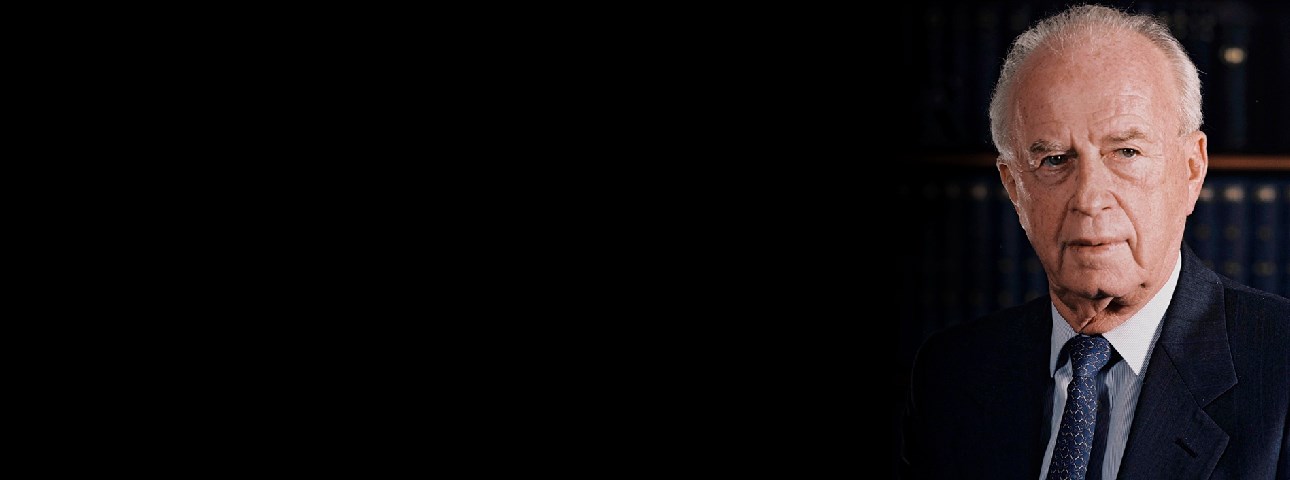
25 Years After the Assassination of PM Yitzhak Rabin - Survey on Incitement
Special IDI survey finds that 45% of Israelis believe another assassination is possible; large majorities of leftwing voters, ultra-Orthodox and Arab Israelis see themselves as targets of incitement and 69% of the ultra-Orthodox believe that democracy is an essential component of Zionism

Only 27% of Israelis Trust PM Netanyahu to Lead Effort Against COVID-19
New IDI survey: Only 27% trust PM Netanyahu to lead efforts against COVID-19. 32% support current government restrictions & 29% supporting additional measures. 61% of Jewish Israelis don't plan on attending any Yom Kippur services.

Most Israelis Support Suspending Demonstrations as Part of Lockdown
Written By: Prof. Tamar Hermann, Dr. Or Anabi
While a third of the Israeli public supports the current restrictions imposed by the government and an additional 29% support putting additional measures into effect, trust in the Prime Minister's handling of the crisis has fallen to a new low. Most Israelis also believe that mass demonstrations should be banned during the lockdown.

The Israeli Voice Index – August 2020
As Israelis approach the Jewish new year, they are skeptical about the country's collective mood but personally optimistic about the future. The Israeli public is also pleased about the expected treaty with the UAE and skeptical about the longevity of the government.

Israelis Pessimistic on the Country's Outlook but Hopeful on Peace with UAE
Written By: Prof. Tamar Hermann, Dr. Or Anabi
With the Jewish New Year approaching, Israelis are pessimistic on the country's outlook but hopeful on peace with UAE; 41% of Israelis think the upcoming year will be worse than the last; 68% of Israelis think that Israel will be heading to elections when the budget compromise between Likud and Blue and White expires in December.

Haredim Lose Faith in their Political Parties
Written By: Dr. Gilad Malach
Ultra-Orthodox communities have been very critical of their political leaders for not advocating vigorously enough on their behalf at the beginning of the COVID crisis. Now, the ultra-Orthodox parties are at the forefront of the contentious demand to permit mass travel to Uman.

Corona Survey #11
Written By: Prof. Tamar Hermann, Dr. Or Anabi
IDI's latest coronavirus survey found 45% of Israelis pessimistic about the country's ability to overcome the COVID-19 crisis. The survey also found that if opened, 74% of Israelis plan on sending their children to school
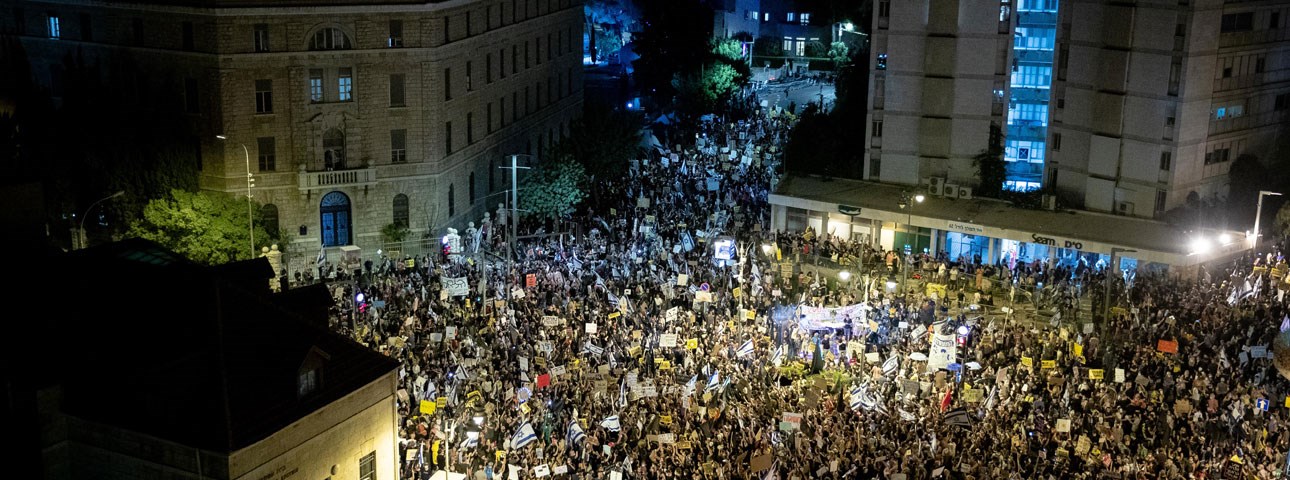
Only 25% of Israelis Approve of Netanyahu's Handling of the Corona Crisis
Written By: Prof. Tamar Hermann, Dr. Or Anabi
The Israeli Voice Index for July 2020 found that 58% of Israelis identify with the protests against the government’s economic policies while 45% identify with the elements focused on personal opposition to Prime Minister Netanyahu

Climate Crisis and Corona Virus Special Survey
Written By: Daphna Aviram-Nitzan
Do Israelis want their government to improve the economy's readiness for the climate crisis? IDI's special survey on public attitudes to the climate crisis says that an overwhelming majority (89%) says "yes."

Two Cities Two Protests
Written By: Prof. Tamar Hermann
The Jerusalem's police force's aggressive stance, with its water cannons at the ready, play a key role in amplifying public awareness of the recent protests in the capital.
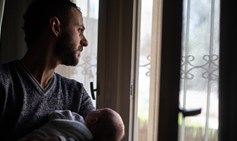
How COVID-19 Changed Fatherhood
Written By: Dr. Or Anabi
A survey by the Israel Democracy Institute found during the lockdown less than 20% of working men continued working as usual in the workplace. What does this mean for the future of work-life balance among Israeli couples?

Israel in Times of Corona
Written By: Prof. Tamar Hermann, Dr. Or Anabi
A special survey, the tenth in this series, by the Guttman Center for Public Opinion and Policy Research at the Israel Democracy Institute examined public opinion about government policies relating to the coronavirus outbreak and the economic fallout from the pandemic.
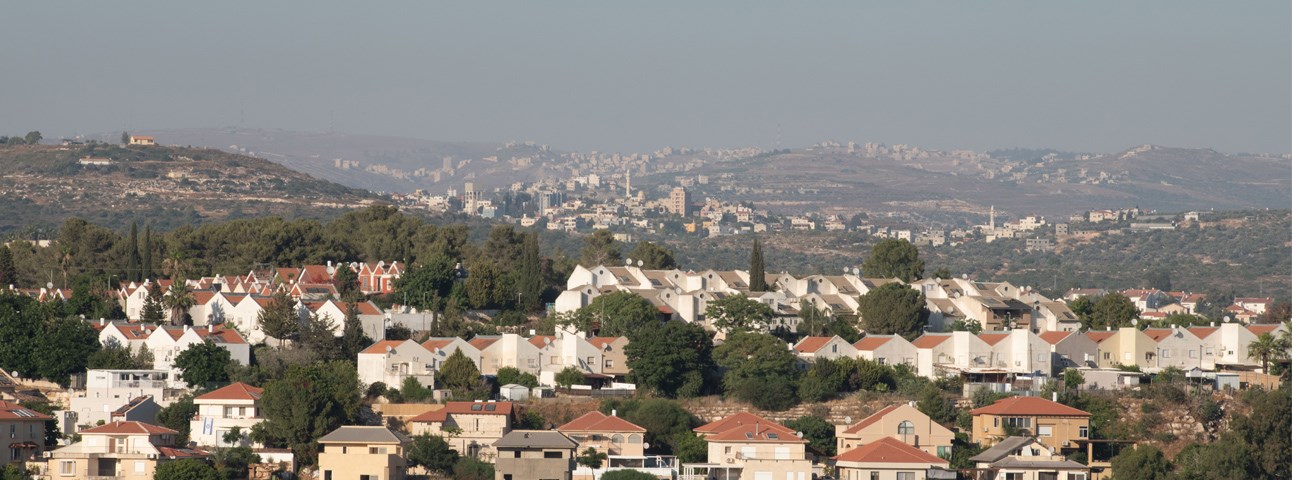
Israelis Uncertain Regarding Sovereignty in the West Bank
Written By: Prof. Tamar Hermann, Dr. Or Anabi
The Israeli Voice Index for June 2020 found that Israeli public opinion is divided over the question of whether the government should apply sovereignty in the West Bank and, if it goes forward, what such a plan should look like

Applying Sovereignty - It's Complicated
Israelis Uncertain Regarding Sovereignty in the West Bank – Most Think Unlikely to be Implemented in the Next Year | As COVID-19 Numbers Rise – 60% of Israelis Fear Their Economic Future

Half of Israelis Favor Applying Sovereignty
Written By: Prof. Tamar Hermann, Dr. Or Anabi
The Israeli Voice Index for May 2020 found that 50% of the public supports applying Israeli sovereignty over parts of the West Bank (Judea and Samaria) with the U.S. administration’s support (25%) and without American backing (25%)
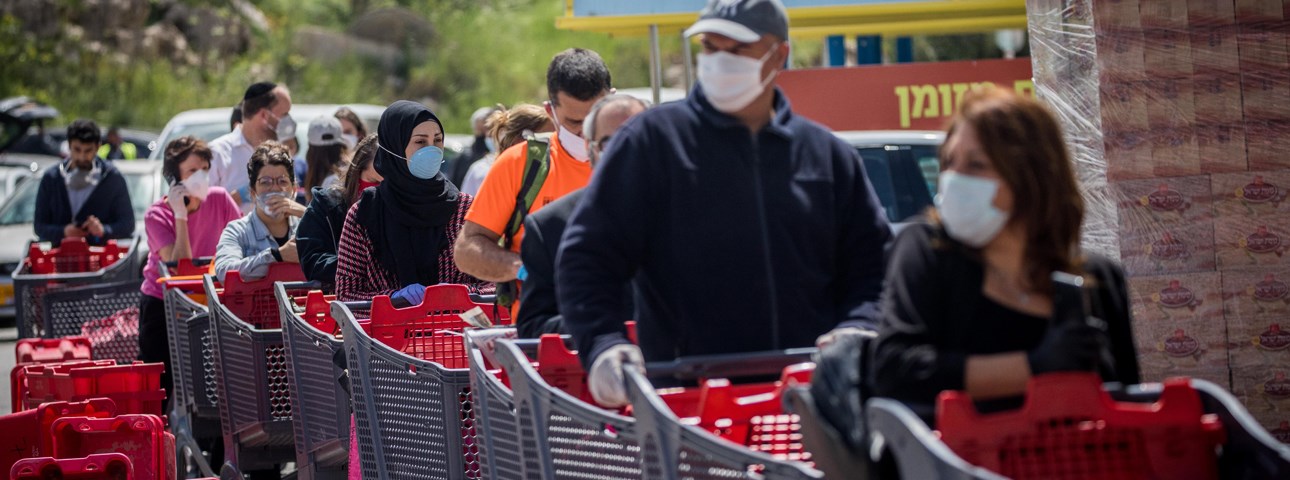
Second Wave is a Matter of Time
More than half of Israelis think a second wave is a matter of time and 39% think that the return to normalcy is too fast

Over Half of Jewish Israelis Support Annexation
Written By: Prof. Tamar Hermann, Dr. Or Anabi
The Israeli Voice Index for April 2020, found that 52% of Jewish Israelis support Prime Minister Benjamin Netanyahu's stated policy of extending Israeli sovereignty in the West Bank, however only 32% believes Israel will move forward with this in the coming year.
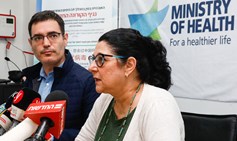
Most Israelis Trust Government Health Officials on Corona
IDI Coronavirus Survey finds that nearly half the population is pessimistic about Israel’s economic prospects

Decade-Long High in Israelis' 'Sense of Belonging'
Special IDI Independence Day survey 92.5% of Jewish-Israelis and 77% of Arab-Israelis feel a part of Israel and its problems.
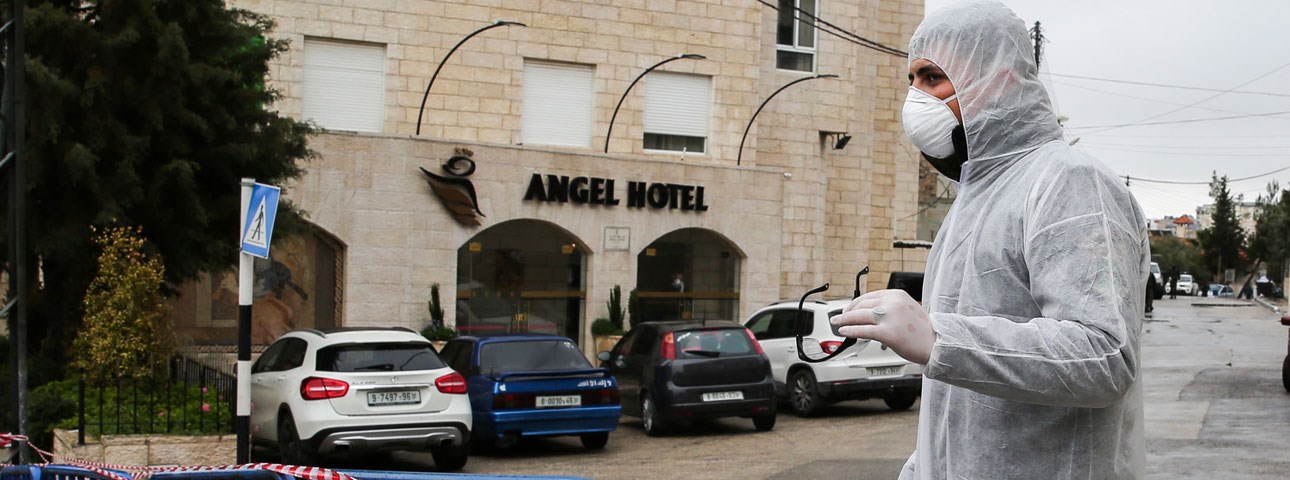
Coronavirus Special Survey
Special Coronavirus survey by the Israel Democracy Institute takes the Israeli pulse on the impact of the Coronavirus finds that 40% of Israelis feel they are experiencing high levels of stress and 65% are worried about their financial future.

76% of Israelis are Afraid of Getting Coronavirus
Written By: Prof. Tamar Hermann, Dr. Or Anabi
The Israeli Voice Index for March 2020 found that 76% of Israelis are concerned that they or a family member will contract the coronavirus – up from 34% in February.
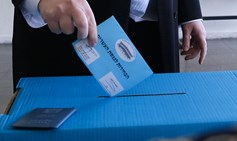
30% of the Public Predicts a Fourth Election
With only a few days to the Elections, the February Israeli Voice Index finds that Jewish Israelis are Paying Less Attention, while a Majority of Arab Israelis are Following with the Same or Increased Interest. 30% of the Public Predicts a Fourth Election.
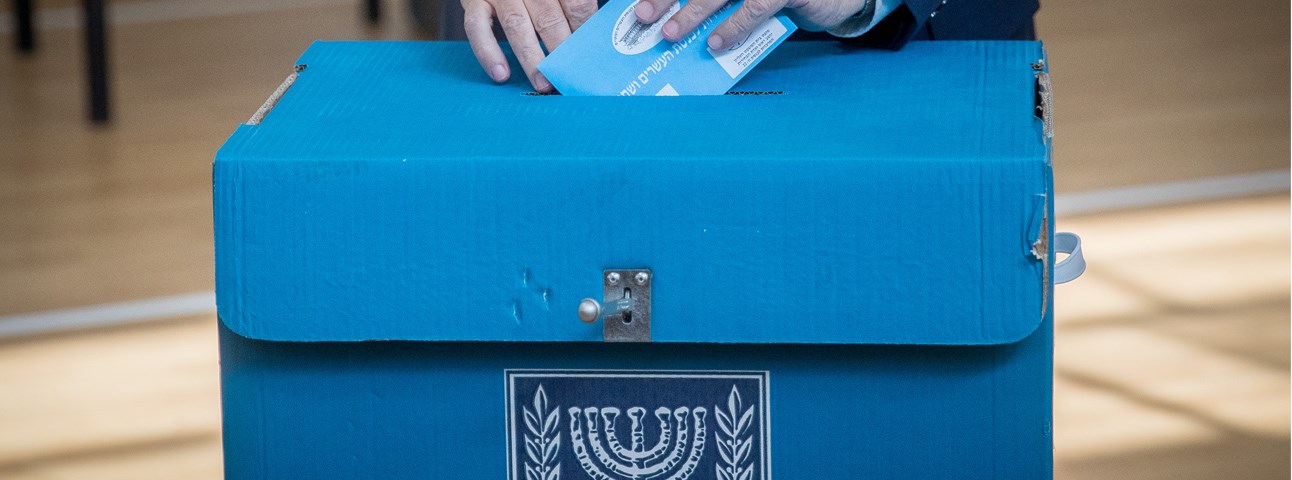
5 days to the Election: Jewish Israelis are Paying Less Attention
Written By: Prof. Tamar Hermann, Dr. Or Anabi
5 days to the Elections: Jewish Israelis are Paying Less Attention. A Majority of Arab Israelis are Following with the Same or Increased Interest. 30% of the Public Predicts a Fourth Election.
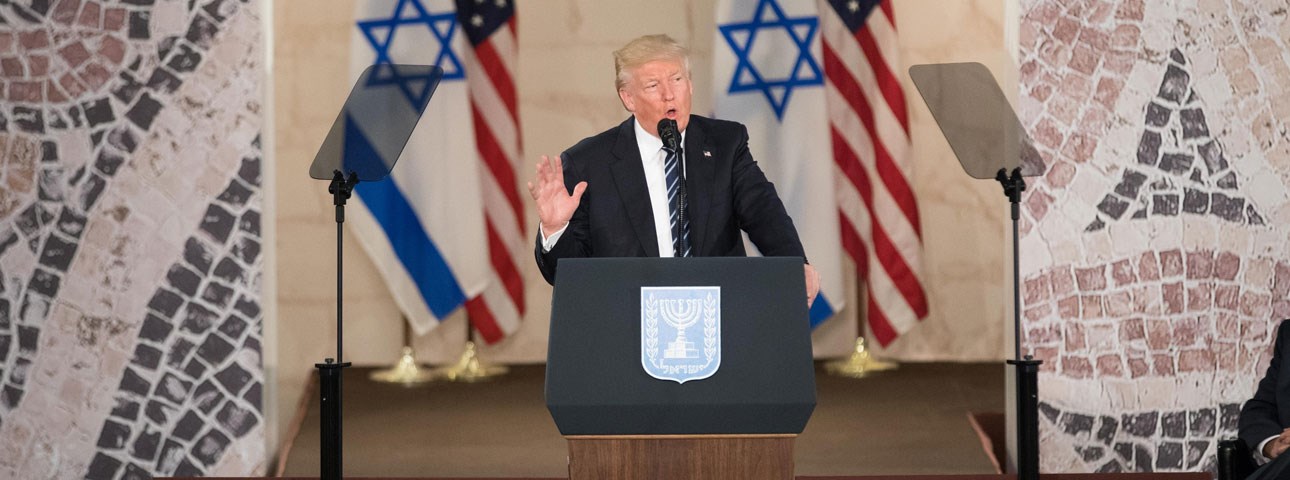
Can Israel Recognize a Palestinian State?
The January Israeli Voice Index reveals that more Israelis support Israeli recognition of a Palestinian state than those who oppose it.

Israelis Believe Netanyahu's Investigations Will have the Greatest Impact on the Vote
Written By: Prof. Tamar Hermann, Dr. Or Anabi
January's Israeli Voice Index found 32% of Israelis believe Netanyahu's investigations will be the issue with the greatest impact on voters in the upcoming Knesset elections.
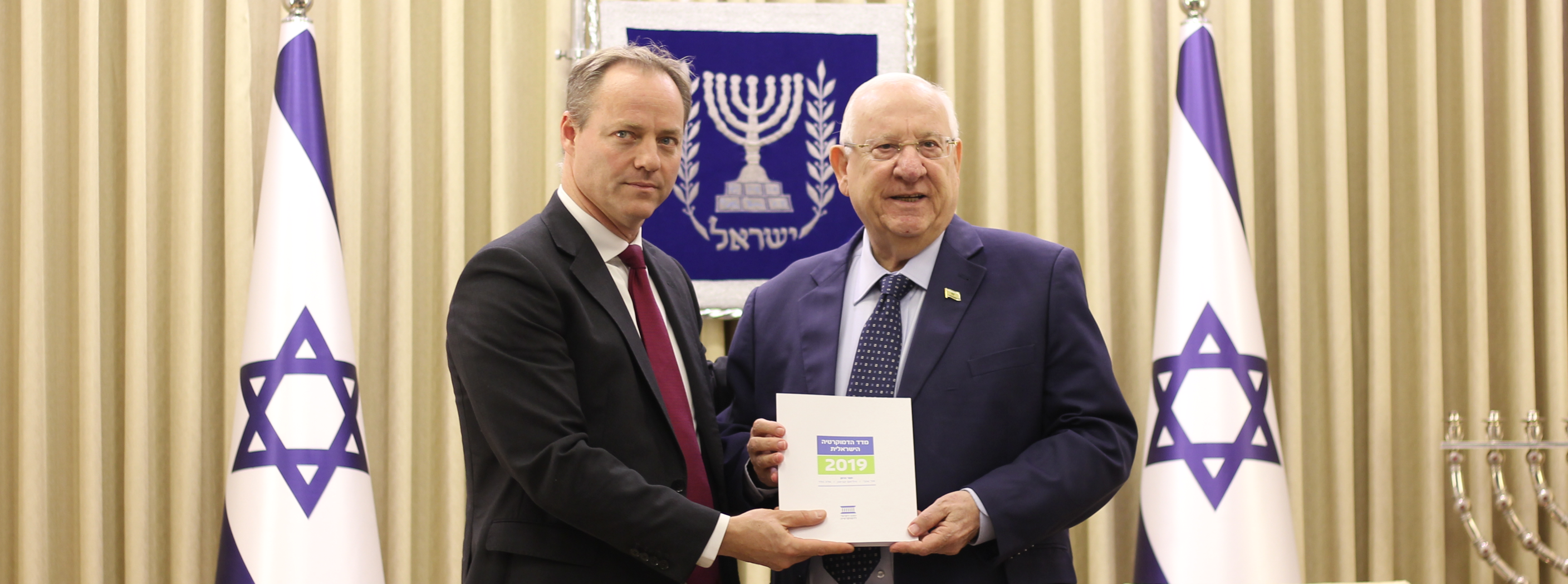
IDI Releases 2019 Democracy Index
Written By: Prof. Tamar Hermann, Dr. Or Anabi, Dr. William Cubbison, Ella Heller
50% of Israelis Believe that the State of the Country is 'Good'. Conversely: 58% of Israelis Believe that Their Leadership is Corrupt and 59% of Israelis Think that Supreme Court Judges’ Rulings are Politically Biased

Majority of Israelis Think that Israel is Prepared for War
Written By: Prof. Tamar Hermann, Dr. Or Anabi
A majority of Israelis gave high grades when assessing Israel’s preparedness for war in three areas: the IDF’s combat readiness, the resilience of the population on the home front, and the political echelon’s decision-making ability concerning the objectives and management of the war. At the same time, Israelis do not think highly of the preparedness of the home front regarding protection of civilian facilities.
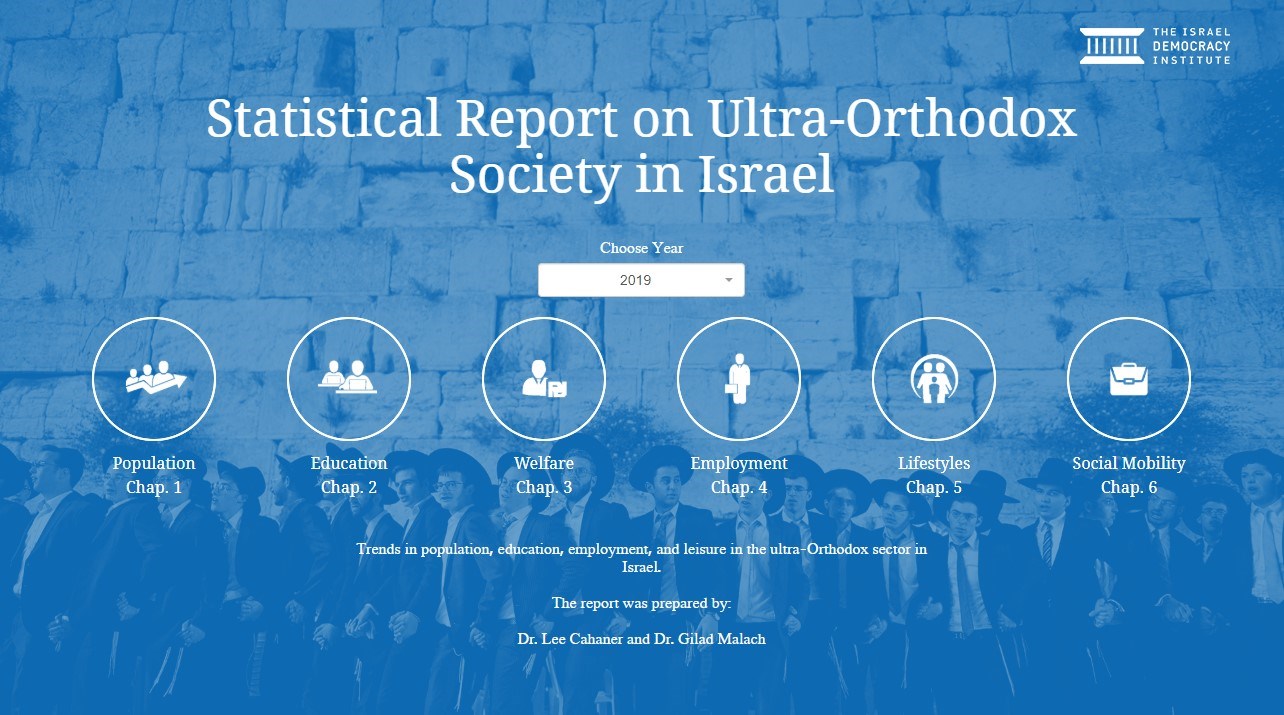
IDF or Civilian Service
Written By: Dr. Lee Cahaner, Dr. Gilad Malach
Third chapter of six of the 'Statistical Report on Ultra-Orthodox Society in Israel'

Employment
Written By: Dr. Lee Cahaner, Dr. Gilad Malach
Fourth chapter of six of the 'Statistical Report on Ultra-Orthodox Society in Israel'

Standard of Living
Written By: Dr. Lee Cahaner, Dr. Gilad Malach
Fifth chapter of six of the 'Statistical Report on Ultra-Orthodox Society in Israel'

Social Mobility
Written By: Dr. Lee Cahaner, Dr. Gilad Malach
Sixth chapter of six of the 'Statistical Report on Ultra-Orthodox Society in Israel'

Population
Written By: Dr. Lee Cahaner, Dr. Gilad Malach
First chapter of six of the 'Statistical Report on Ultra-Orthodox Society in Israel'

Education
Written By: Dr. Lee Cahaner, Dr. Gilad Malach
Second chapter of six of the 'Statistical Report on Ultra-Orthodox Society in Israel'
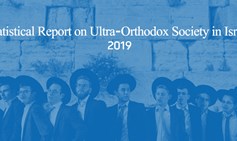
IDI Releases 2019 Statistical Report on Haredi Society in Israel
"More Yeshiva students" and "Haredi women are driving growth" - are just some of the highlights of the new report.

2019 Statistical Report on Ultra-Orthodox Society in Israel: Highlights
Written By: Dr. Gilad Malach, Dr. Lee Cahaner
The 2019 Statistical Report on Ultra-Orthodox Society in Israel provides both a snapshot of the ultra-Orthodox in Israel today and an analysis of trends characterizing this community in recent decades, in key areas such as demography, education, employment, and use of leisure time.

After Indictment - 59% of Israelis Think Netanyahu Should Step Aside
Written By: Prof. Tamar Hermann, Dr. Or Anabi
The November 2019 Israeli Voice Index finds that 35% of Israelis think PM Netanyahu should resign and stand trial – of the Likud voters - 37% agree

Majority of Israelis Support their Parties Joining a Blue and White Coalition
Written By: Prof. Tamar Hermann, Dr. Or Anabi
October 2019 Israeli Voice Index revealed a decline in Israelis’ assessment of President Trump’s commitment to Israel’s security. The survey also found that 62% of Israelis support the parties they voted for in the last elections joining a Blue and White led coalition.

Netanyahu's Future
Written By: Dr. William Cubbison
Benjamin Netanyahu's legal problems are at the center of the current political quagmire. So what do Israelis think about the legal situation and what are the possible resolutions?
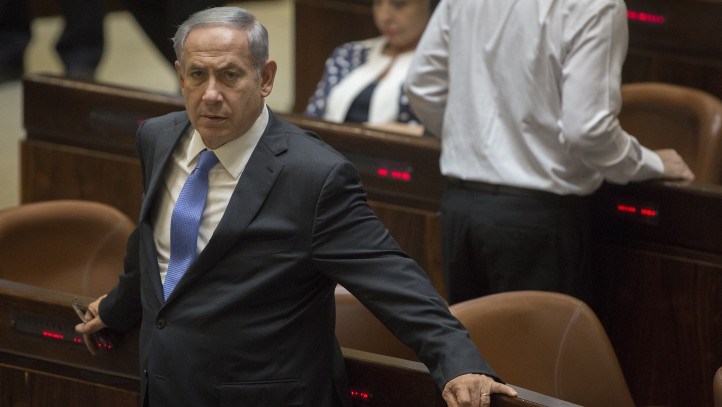
Majority of Israelis Think Netanyahu Should Resign
After Netanyahu returns mandate to the President: Most Israelis support a system based on 2 large parties and a Netanyahu-Gantz rotation for the position of prime minister. 53.5% of Israelis think Netanyahu should resign immediately, while almost half (47%) of right-wing voters believe that Netanyahu should resign if indicted.

Did the September Election Solve Anything?
Written By: Dr. William Cubbison
The failure to form a government in April and the subsequent second election surprised Israelis. Now, they might need to go to the polls for a third election in early 2020. What do Israelis think about this unprecedented political reality?

60% of Jewish Israelis Plan to Fast on Yom Kippur
With Yom Kippur (the Day of Attornment) upon us, our Guttman Center for Public Opinion and Policy Research checked how Israelis plan on marking the most solemn day in the Jewish calendar.

A Majority of Israelis Prefer a Unity Government
Written By: Prof. Tamar Hermann, Dr. Or Anabi
September 2019 Israeli Voice Index found that a majority of Israelis prefer a unity government. Additionally the majority of Israelis do not think the State should offer Benjamin Netanyahu a plea bargain or that he would agree to one.
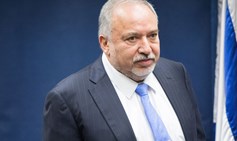
Two Weeks to Election Day: IDI Poll Reveals Jewish Israelis are in Favor of a Unity Government
Written By: Prof. Tamar Hermann, Dr. Or Anabi
The August 2019 Israeli Voice Index found that Jewish Israelis show a strong preference for a unity government while Arab Israelis prefer a center-left wing government led by Gantz and that over the past five months there has been a steady decline in the public’s optimism about the future of Israel’s democracy and security

Quarter of the Population Gives Government's Policies a Failing Grade
Two and a half weeks ahead of the elections, a special IDI survey reveals that the Israeli public gives government economic policies a failing grade and supports increasing the budgets allocated to health, education, welfare, and public transportation services
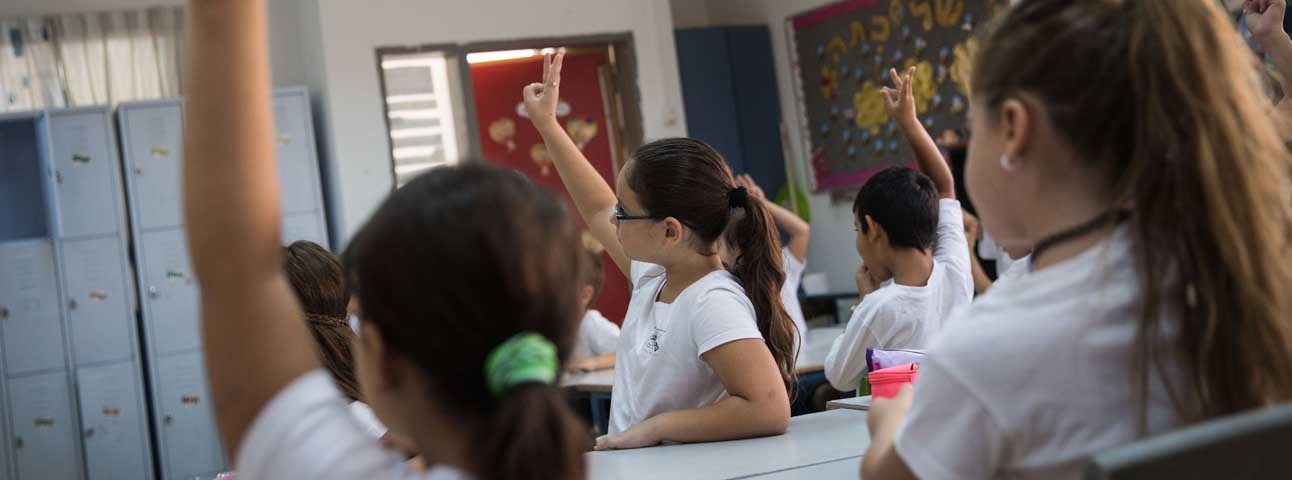
New School Year 2019
The majority of the public would prefer to pay more taxes, in exchange for funding of education from birth for all Israeli children; The respondents defined the main factor impacting the quality of education, is the quality of teaching in schools; Moreover, most Israelis would not encourage their children to work as teachers in the future

Religion and State: Israelis Seek Change in Existing Arrangements
Even though most Israelis support opening businesses & public transportation on Shabbat issues of religion and state will not decide the September elections

Overwhelming Support for Retaining Judicial Review Among Right Wing-Voters
A special IDI survey examined attitudes of right wing voters and found that 42% of right-wing voters support a unity government and that 43% oppose additional political power for elected officials at the expense of the Judicial Branch of government.

The Positions of the Israeli Right-Wing
Written By: Prof. Tamar Hermann, Dr. Or Anabi
This special survey examines attitudes of right wing voters on a number of issues related to September's election including the possibility of a unity government and recent proposals that would limit judicial review and oversight of Knesset and government decisions.

Towards the Elections: Prime Minister Netanyahu gets Mixed Grades
Written By: Prof. Tamar Hermann, Dr. Or Anabi
Prime Minister Benjamin Netanyahu is awarded high grades for improving Israel’s international standing (60%), enhancing the country's military strength (56%), and successfully contending with the Iranian threat (50.5%) but poor grades for failing to increase solidarity between Israel's different segments of society (51%) and on the question of personal integrity (49%).
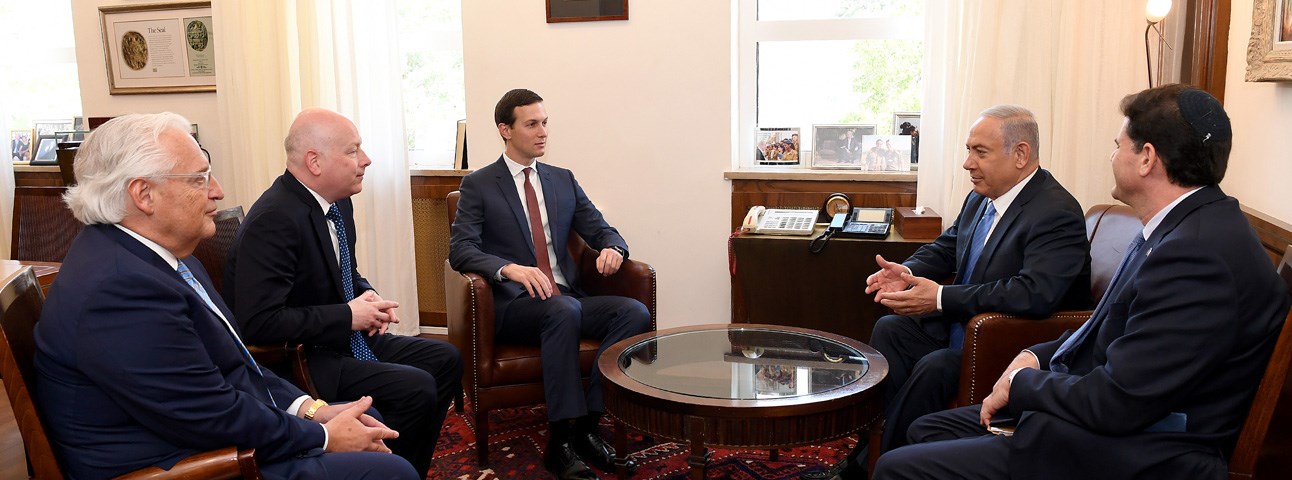
Most Israelis Don't Think Bahrain's Conference will Lead to Peace Deal
Written By: Prof. Tamar Hermann, Dr. Or Anabi
The June 2019 Israeli Voice Index, conducted by the Guttman Center at the Israel Democracy Institute, finds that the majority of the Israeli public does not think the process begun in Bahrain will lead to a peace agreement with the Palestinians, but Israelis do believe that steps towards economic peace can bring stability to the region.

How Jewish Israelis Feel Towards Non-Jews and the Current Conversion Process – Shavuot Survey
Written By: Prof. Tamar Hermann, Dr. Or Anabi
Conversion is a central theme of the upcoming holiday of Shavuot when the biblical story of Ruth the Moabite – widely considered the first convert to Judaism – is traditionally read. In the spirit of the holiday, we decided to examine what types of relationships Jewish Israelis are ready to have with non-Jews. We also looked into what Jewish Israeli think about the topic of conversions in general and the conversion process in Israel in particular.

Comprehensive Peace Agreement & Unilateral Withdrawl
Written By: Prof. Tamar Hermann, Dr. Or Anabi
The Israeli Voice Index finds that 58% of Israelis think that signing a peace agreement will positively contribute to Israel’s international status, while 56% think that if Israel would withdraw unilaterally from the West Bank it would NOT improve Israel’s international status

62% Oppose the Immunity Law
Written By: Prof. Tamar Hermann, Dr. Or Anabi
A special survey finds that the 62% of the Israeli public is opposed to the Immunity Law, 47% think that if the law passes it should only be applied to new cases, and 39% oppose strengthening the Knesset at the expense of the courts

Israel at 71
Written By: Dr. William Cubbison
On May 9th Israel will celebrate Independence Day, the 71st anniversary of the founding of the State of Israel. What do Israelis think about the state of the country at the age of 71?

Israeli Voice Index: 82% of Israelis Are Proud of Country’s Achievements
Written By: Prof. Tamar Hermann, Dr. Or Anabi
On the eve of Israel’s 71st Independence Day, 82% of the Israeli public thinks that the national balance of achievements shows more successes than failures and 62% think legal proceedings against Prime Minister Netanyahu should not be stopped, notwithstanding his success in the elections

Exclusive Elections Survey – Final Stretch
Written By: Prof. Tamar Hermann, Dr. Or Anabi
66.5% of the Jewish public thinks that Israel is too lenient in dealing with the clashes on the Gaza border. Only 38.5 of the Israeli public believe Prime Minister Netanyahu’s statement that he “didn’t get a shekel from the submarine deal”, 52% of the Israeli public trusts election surveys and 27.5% does not trust the integrity of the Knesset elections

What Do Israelis Think About the Golan Heights?
Written By: Dr. William Cubbison
Due to security concerns - the majority of Israelis, over the past four decades have consistently opposed the idea of returning the Golan Heights to Syrian control. The article presents a historical overview of Israeli public opinion
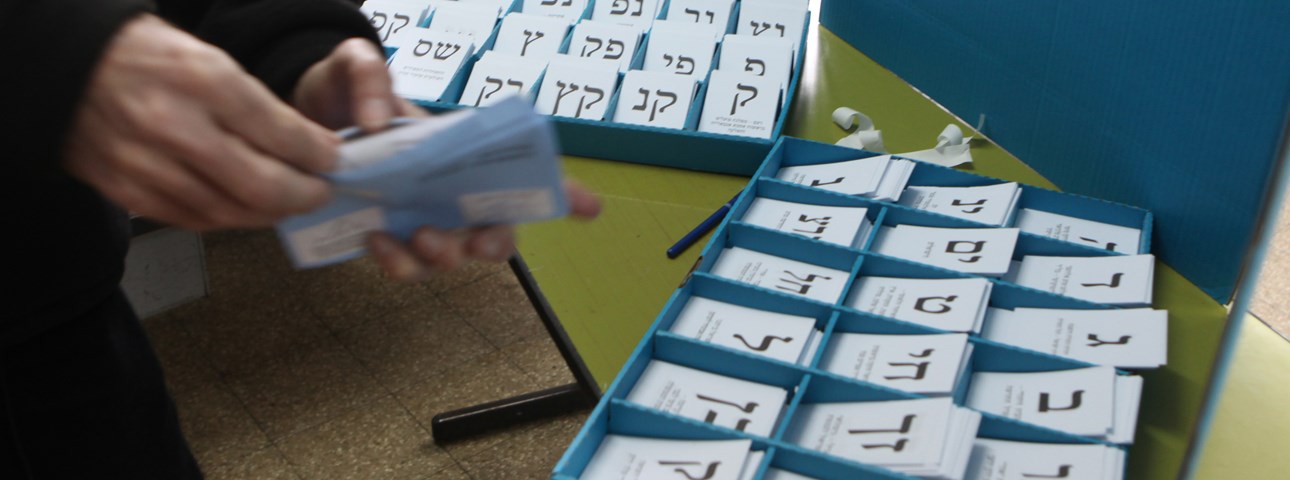
Will Your Vote Count?
Written By: Dr. William Cubbison
To what degree does the Israeli public have faith in the integrity of the elections, to what extent does it believe that the April 9th elections will accurately reflect its views and how does Israel measure against other democracies?

Exclusive Pre-Elections Survey
Written By: Prof. Tamar Hermann, Dr. Or Anabi
Exclusive Pre-Elections survey by the Guttman Center at the Israel Democracy Institute finds that half of Israelis find it harder than in the past to decide whom to vote for; 25% base their choice on the party’s positions on socioeconomic issues and 18% on who heads the party; 27% do not trust the integrity of the Knesset elections

Special Elections Survey
Written By: Prof. Tamar Hermann, Dr. Or Anabi
The Jewish public is divided over the question whether the prime minister should resign if indicted by the Attorney General, pending a hearing; 52% of the Jewish public believes that Israelis living abroad should also have the right to vote

Elections, Security and the Next Government
Written By: Prof. Tamar Hermann, Prof. Ephraim Yaar
The majority of Israelis think that Trump’s decision to withdraw from Syria harms Israel’s security and want a right or center-right government. Read more in the latest Peace Index.

An Uphill Start
Written By: Dr. Tehilla Shwartz Altshuler
In 2016, Israelis’ trust in the mass media reached an all-time low. But the decline seems to have bottomed out then; the increase in trust registered in 2017 has continued this year and reached 31%. This is still low as compared to many other institutions, but is all the same an improvement.

2018 Statistical Report on Ultra-Orthodox Society in Israel
Written By: Dr. Gilad Malach, Dr. Lee Cahaner
IDI’s 2018 report on ultra-Orthodox society is out - shedding light on changing trends in population, education, employment, and leisure in the ultra-Orthodox community in Israel.

Does Benjamin Netanyahu Face Real Competition?
Written By: Prof. Tamar Hermann, Prof. Efraim Yaar
The monthly Peace Index reveals that: 46% of Jewish Israelis name Benjamin Netanyahu as their preferred candidate for the next prime minister.

Is Israeli Democracy in Danger – Interview with Yohanan Plesner
Why do nearly half of Israelis believe that their political leadership is corrupt and that their democracy is in danger? Gil Hoffman interviews Israel Democracy Institute President Yohanan Plesner, on the findings of the 2018 Israeli Democracy Index

Presentation of the Israeli Democracy Index to the President of Israel
Written By: Yohanan Plesner
"Our central mission—and we see you as a partner in this—is to strengthen Israel’s democratic core in the spirit of the Declaration of Independence" says Yohanan Plesner in his address to President Reuven Rivlin.

Two States for Two People? A Long Decline in Support
Written By: Dr. William Cubbison
For the past few decades, support and opposition to a two state solution has been a fault line dividing people and parties in Israel. Dr. William Cubbison presents an overview of the level of Jewish support in the 25 years since the signing of the Oslo Accords.
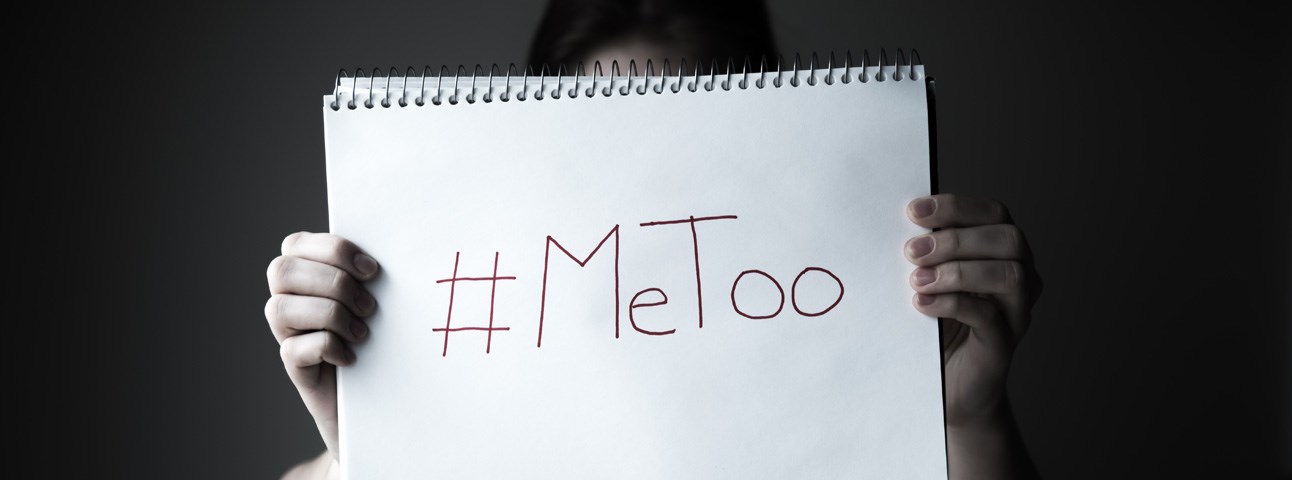
Is It a Very Scary Time for Young Men?
Written By: Prof. Tamar Hermann, Prof. Ephraim Yaar
The monthly Peace Index of the Israel Democracy Institute and Tel Aviv University finds that: 44% of Jewish and Arab Israelis agree with President Trump’s statement that “It’s a very scary time for young men” – the percentage among men who agreed was significantly higher than that among women.

Debating the Draft – Public Opinion Survey
Written By: Dr. William Cubbison
Majority support for drafting young ultra-Orthodox into the army goes as far back as 1991. There have been small fluctuations, but consistently --at least 2/3 (65%) of the Israeli public has supported drafting yeshiva students or young ultra-Orthodox into the IDF.
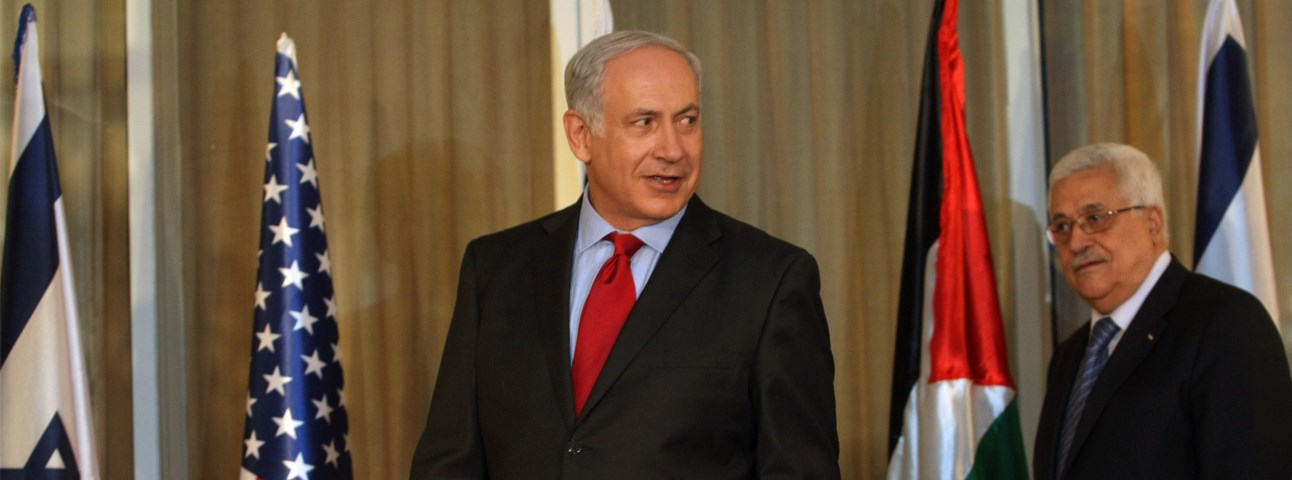
Is the Two-State Solution Still Relevant?
Written By: Prof. Tamar Hermann, Prof. Ephraim Yaar
Half of the Jewish Israeli public think that Palestinians deserve an independent state, but believe that the two-state solution would be impossible to implement.
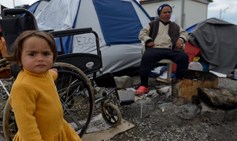
The Majority of Israelis Favor Providing Syrian Victims of War with Humanitarian Aid
Written By: Prof. Tamar Hermann, Prof. Ephraim Yaar
On the northern front: the majority of Israelis favor providing Syrian victims of war with medical aid and food. On the southern front: the majority of Israelis support a military operation if Hamas violates the ceasefire.

60% of Israelis Think the New Nation-State Law Should Have Included ‘Equality'
Written By: Prof. Tamar Hermann, Prof. Ephraim Yaar
The monthly Peace Index of the Israel Democracy Institute and Tel Aviv University, published today, finds that: only 52% of Jewish Israelis think it was important to pass the Nation-State law at this time.

Will Trump’s Peace Plan Gain Traction?
Written By: Prof. Tamar Hermann, Prof. Ephraim Yaar
The monthly Peace Index of the Israel Democracy Institute and Tel Aviv University, published today, finds that most Israelis think that Trump’s peace plan won’t gain traction and that the IDF should directly target ‘terror kite’ assailants.

Survey of Public Attitudes on Economic Policy (June 2018)
On the occasion of this year’s Eli Hurvitz Conference on Economy and Society (June 19-20) the Israel Democracy Institute published a special survey to assess public opinion on Israel’s economic future.

Will Israel go to war in the coming months?
Written By: Prof. Tamar Hermann, Prof. Ephraim Yaar
The monthly Peace Index of the Israel Democracy Institute and Tel Aviv University, published today, finds that the Israeli public split on prospect of war in the coming months

What is the Public’s Opinion on the Override Clause?
A special survey conducted by the Guttman Center for Public Opinion and Policy Research at the
Israel Democracy Institute finds: The majority of the Israeli public fears that implementation of the Override Clause by the Knesset will give unlimited power to politicians and lead to an increase in political corruption

Netanyahu: Down, but Not Out
Written By: Yardena Schwartz
The Israeli prime minister faces many charges, yet his supporters remain behind him

How Many Israelis Keep Kosher for Passover?
Written By: Prof. Tamar Hermann, Prof. Ephraim Yaar
A special update from the Peace Index by Tel Aviv University and the Israel Democracy Institute shows that that two-thirds of the Jews in Israel eat kosher for Passover outside the home and prepare the their house for the holiday - but 58% oppose the ban on cafes and restaurants from serving chametz (bread).

Israelis Support Moving the Embassy to Jerusalem
Written By: Prof. Tamar Hermann, Prof. Ephraim Yaar
61% of the Jewish and Arab public believes that it is very likely that moving the American embassy to Jerusalem for Israel’s 70th Independence Day, will ignite an outbreak of violence. Nevertheless, 69% of the Jewish public think that even in light of the expectation of violence, Israel should not ask the Americans to postpone the move
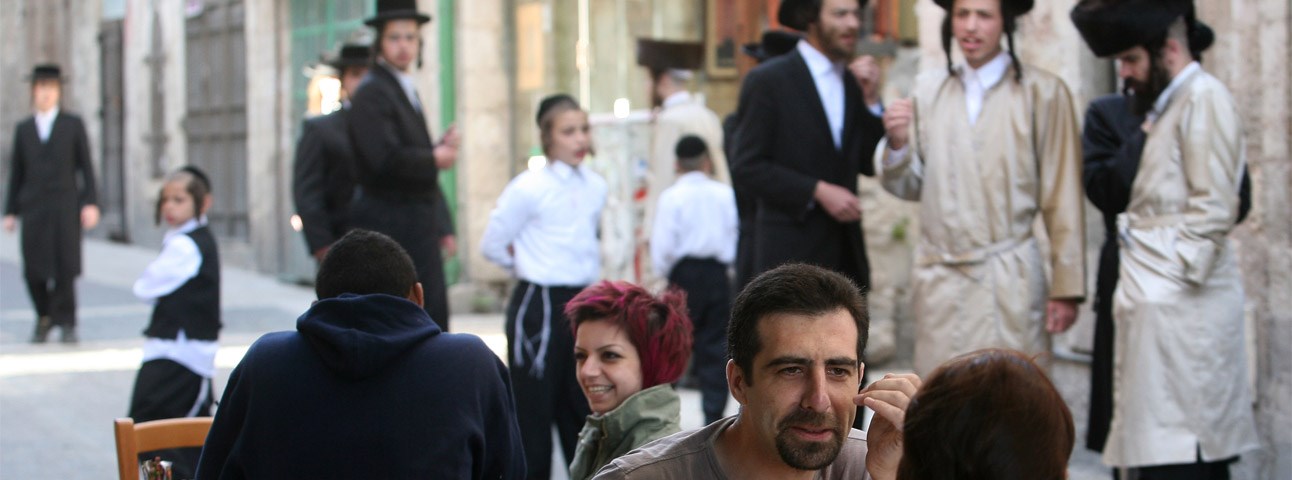
Most want minimarkets, public transport on Shabbat
Written By: Jeremy Sharon | Jerusalem Post
Large majorities of the Jewish public support allowing minimarkets to open and the operation of public transport on Shabbat, a poll by the Israel Democracy Institute has found.
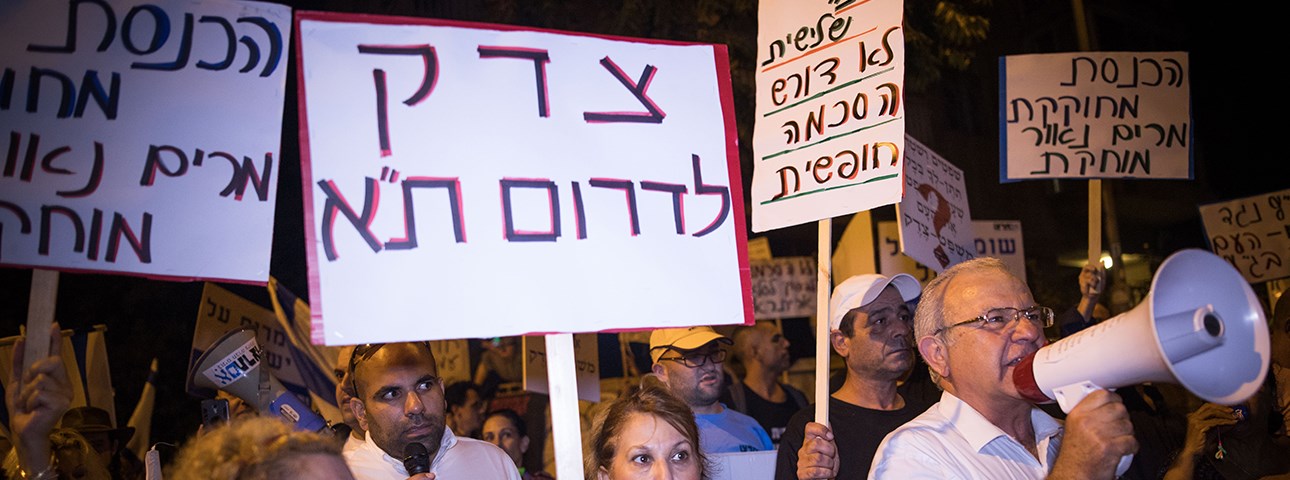
Israelis Support Deportation of Asylum Seekers
Written By: Prof. Tamar Hermann, Prof. Ephraim Yaar
66% of the Jewish public and half of the Arab public support the government’s decision to deport asylum seekers to African countries that are prepared to absorb them.

The Knesset at Age 69: Still Struggling for the Public's Trust
Written By: Lahav Harkov
While members of Knesset represent Israel's diverse society, they're still seen as self-interested and ineffectual by the public.

Data Israel
Written By: Prof. Tamar Hermann, Or Anabi, Tzipy Lazar-Shoef
In Honor of Israel's 70th Anniversary The Guttman Center for Public Opinion Research and Policy at the Israel Democracy Institute Is Launching “Data-Israel”: The largest and most encompassing online public opinion research database in Israel at the click of a button.
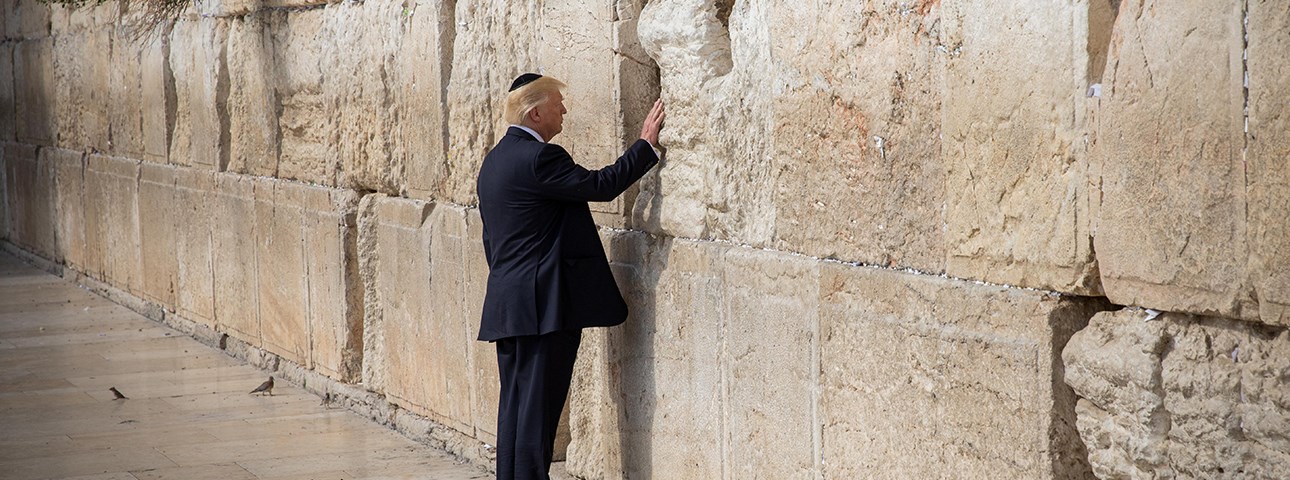
Is President Trump’s public declaration that Jerusalem is the capital of Israel in Israel's best interest?
Written By: Prof. Tamar Hermann, Prof. Ephraim Yaar
In light of President Trump's Declaration on Jerusalem: a large majority of the Jewish public think President Trump’s public declaration that Jerusalem is the capital of Israel was in Israel's best interest; a clear majority (over 60%) of the Israeli public agrees that Jerusalem is already divided into two cities: the eastern city and the western city

Survey: 56% of Jews Think Most Arab Citizens Support Temple Mount Attack
Monthly Peace Index also finds that 65% of Israelis do not trust Prime Minister Benjamin Netanyahu's handling of the crisis on Temple Mount.

Two Economies - One Society: New Survey
Survey to serve as backdrop for discussion at Eli Hurvitz Conference on Economy and Society – June 19 and 20

How Israeli Society Has Changed Since The Six-Day War
Written By: Yohanan Plesner
Polling data finds that far more Israelis distrust their leaders today than in 1967.

Is Israeli Society Frail Or Flourishing?
Written By: Prof. Yedidia Z. Stern
Is Israeli democracy weak, fragile and on the brink of collapse, or is it robust, stable and resilient?

Is Israeli Society Falling Apart?
Written By: Prof. Yedidia Z. Stern
The 2016 Israeli Democracy Index, which was published last week by the Israel Democracy Institute, reveals that our Israeli society is generally strong, optimistic, united and confident.
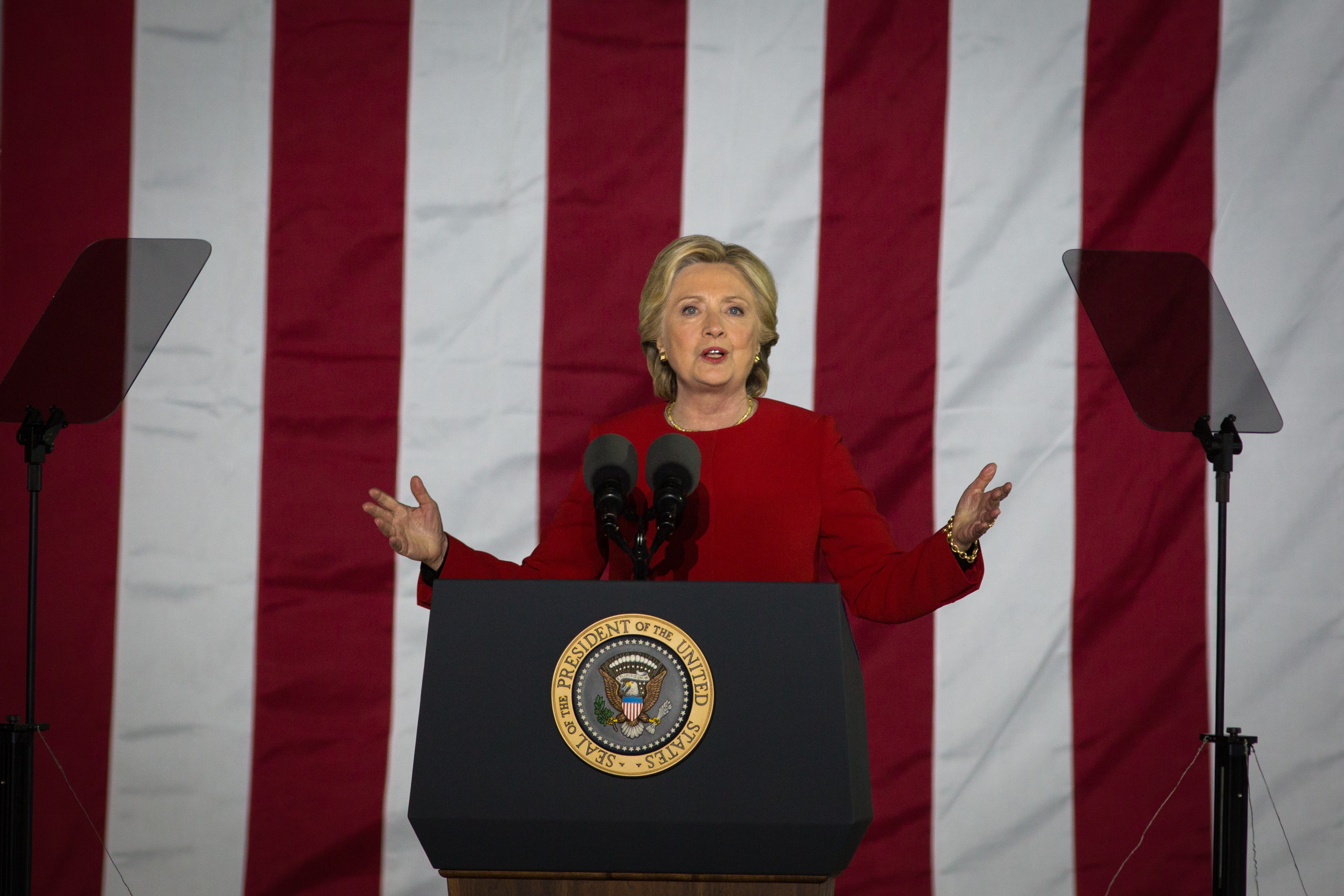
Israelis Believe Clinton will Push them Harder on Peace, Back Her Anyway — Poll
Written By: Marissa Newman
Israelis may have given up for now on peace, but still want peace talks. Arab Israelis are more optimistic than their Jewish counterparts about state’s future.

Surprised? Meet Israel’s New political Center
Written By: Prof. Yedidia Z. Stern
Although one need not agree with the positions held by Israel’s Arab citizens, it can’t be denied that they constitute an independent, moderate voice – and a promising political middle ground on the Palestine- Israeli conflict. This article first appeared in The Jerusalem Post.

The IDF’s Fighting Ethos in the Wake of Operation Protective Edge
Written By: Yohanan Plesner
IDI President Yohanan Plesner stresses the need to ensure that the Israel Defense Forces remains at the heart of the Zionist consensus so as to enable it to continue to be the army of all citizens of Israel.

A Social Iron Dome for Jewish-Arab Relations
Written By: Prof. Yedidia Z. Stern
In an op-ed in <em>Yedioth Ahronoth</em>, Prof. Yedidia Stern warns that the Iron Dome could not protect Israel from hatred between Jewish and Arab citizens, and stresses the need for both sides to use imaginative empathy to mend the fabric of Israel's shared society.?

Israeli Views of Diaspora Jewry 2014
Written By: Mr. Chanan Cohen, Ella Heller, Prof. Tamar Hermann
How do Jews in Israel see their connection with Jews in the Diaspora? In preparation for the first <a href="http://jms.org.il" target="_blank">Jewish Media Summit</a> (JMS), IDI's Guttman Center for Surveys conducted a survey of the attitudes of Israeli Jews toward Diaspora Jewry.

Israeli Public Opinion on Reducing Funding to Organizations that Mark Independence Day as the "Nakba"
Written By: Mr. Chanan Cohen
What do Jews in Israel think about the law mandating the reduction of government funds to institutions that mark Israel Independence Day as a day of mourning for the Palestinian "Nakba"? Find out in this mini-survey conducted by IDI's Guttman Center.

The Leading Candidate for President: "I Don't Know"
Written By: Mr. Chanan Cohen
Two months before the elections for president of Israel, who does the Israeli public see as the most suitable candidate for the job? Find out in this mini-survey from IDI's Guttman Center.

Public Opinion: Is Israel Independence Day a Holiday?
Written By: Mr. Chanan Cohen
Do Jewish and Arab citizens of Israel see Yom Ha'atzmaut as a holiday? Do perceptions among Jews vary depending upon level of religiosity or position on the right-left political spectrum? Find out in this Mini-Survey from IDI's Guttman Center.

Nothing is Known Yet: Public Opinion on the Israeli Presidential Race
Written By: Mr. Chanan Cohen
Although the presidential race is heating up, the public does not seem to be particularly interested in it. What do Israeli citizens know about the race? Who is their candidate of choice? Find out in this mini-survey by the Guttman Center for Surveys.

Basic Law: Referendum—Changing the Rules of the Game of Israeli Democracy
Written By: Dr. Dana Blander
Dr. Dana Blander draws on the findings of Israeli public opinion polls and explores some of the ramifications of the new Basic Law: Referendum, a law that establishes a system in which every citizen is entitled to participate in historic decisions on withdrawal from territory.

The Labor Primaries: Will Shelly Yachimovich Break the Losing Streak?
Written By: Prof. Ofer Kenig
Will Shelly Yachimovich manage to succeed where others have failed and maintain her position as chair of the Labor Party for a second term? Dr. Ofer Kenig shares insights on the upcoming primaries for the party leadership.
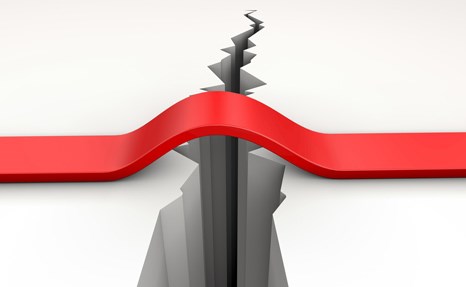
The Israeli Economy: Has the Melting Pot Succeeded?
Written By: Momi Dahan
A study conducted by IDI Senior Fellow Prof. Momi Dahan that reveals that there has been a continuous narrowing of income gaps between Israelis of European-American origins and of Asian-African origins since the 1990s.
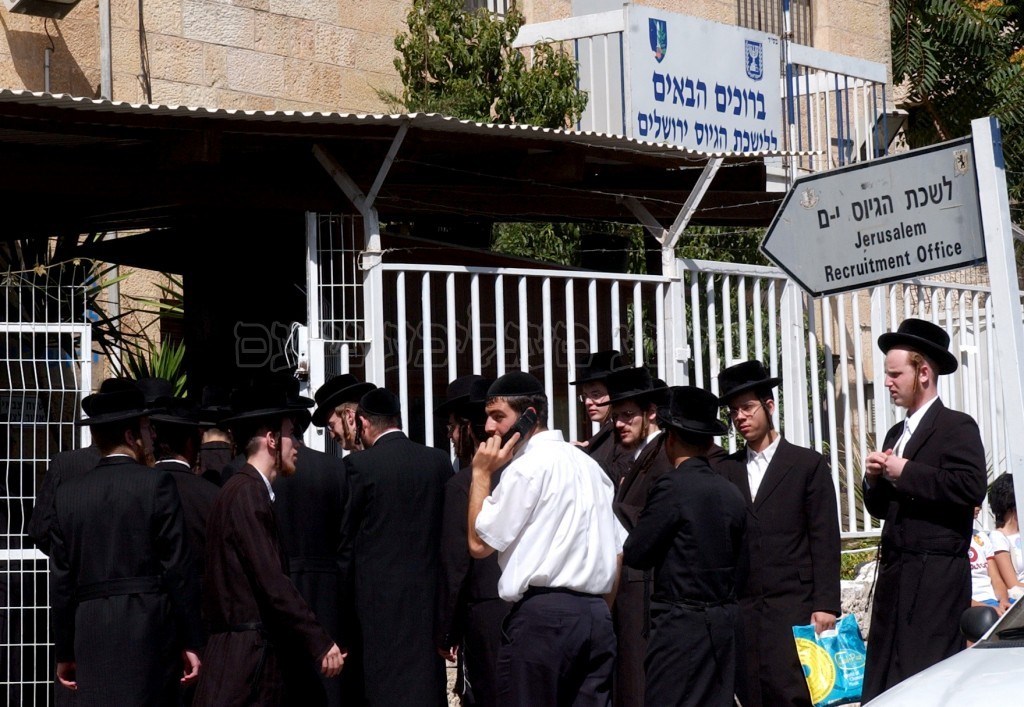
Israeli Public Opinion on Drafting Haredi Yeshiva Students
Written By: Dror Walter, Chanan Cohen
An analysis of Israeli public opinion on the issue of drafting ultra-Orthodox yeshiva students, as revealed in polls conducted by IDI's Guttman Center for Surveys from 1986 through 2009.

Decade in Review: A Story of Disenchanted Lovers
Written By: Prof. Tamar Hermann
IDI Senior Fellow Professor Tamar Hermann explores developments in the relationship between the Israeli public and the political establishment, in an article that was published at the end of the third millennium as part of a collaboration between IDI and Walla!, a popular Israeli website.

IDI Publishes Its Annual Israeli Democracy Index 2025
IDI's 2025 Israeli Democracy Index: More positive assessments of the country’s overall situation, but there are low grades for Israeli democracy; public trust in the majority of institutions remains low; and the friction between Right and Left is viewed as the most acute social tension in Israel. Despite this, most Israelis prefer to remain in Israel rather than moving abroad.

Restoring Public Trust in the IDF
Written By: Dr. Idit Shafran Gittleman
The decline in public trust in the IDF is troubling – especially among youngers Israelis who will soon fill the IDF’s ranks. What can be done to reverse this trend?

Little Support for Equal Division of Domestic Tasks Among Ultra-Orthodox Men
2020 report finds that Ultra-Orthodox men do not support an egalitarian division of domestic tasks. Only one-third of ultra-Orthodox Israelis believe that paid employment is the best way for women to achieve independence.
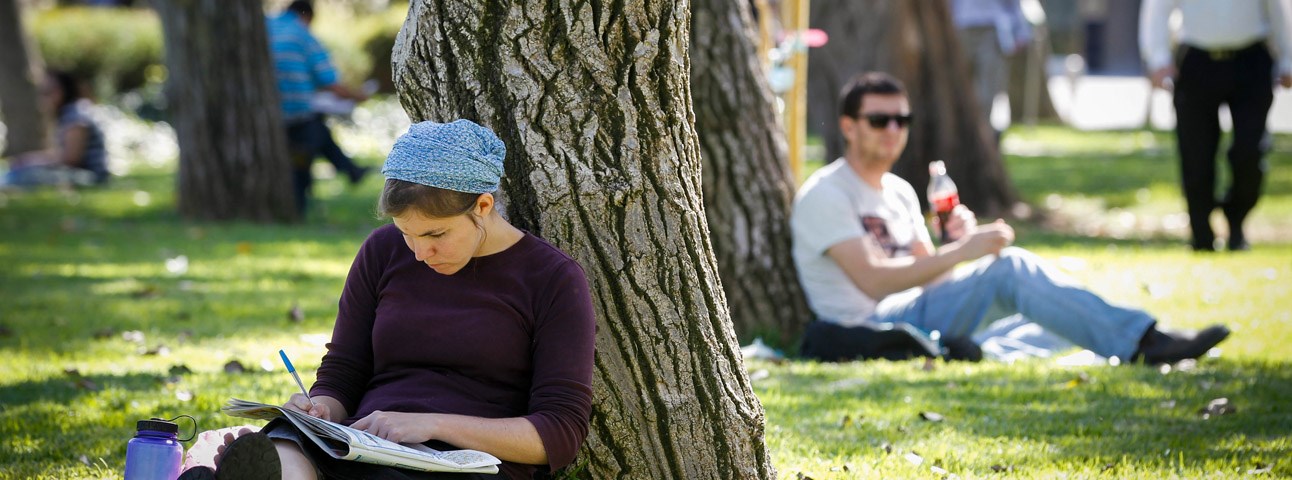
38% Increase in the Number of Ultra-Orthodox Students in Technological Training Tracks
The 2020 Statistical Report on Ultra-Orthodox Society in Israel found that over the last five years there has been a 38% increase in the number of ultra-Orthodox students in technological training tracks. The most in-demand subjects in academia are education and teaching, social sciences, and computer science.
.
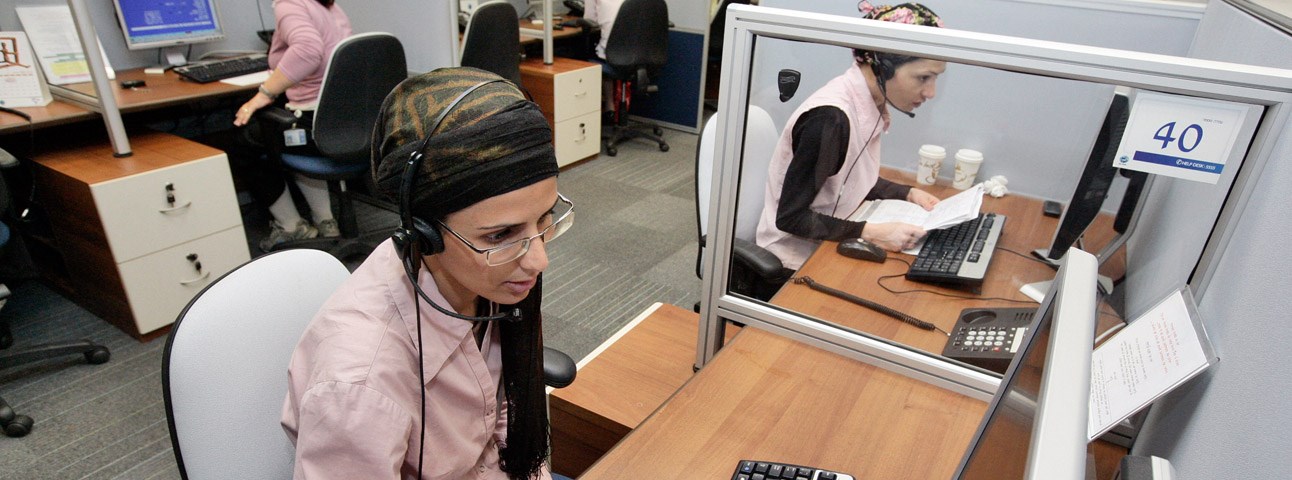
Employment Rates for Ultra-Orthodox Women Continue to Rise
The new report finds that employment rates for ultra-Orthodox women continue to rise, while those for ultra-Orthodox men remain stagnant; household income for ultra-Orthodox families is 58% lower than other Jewish Israeli households; and over the last five years - a 33% increase in the number of yeshiva and kollel students in Israel
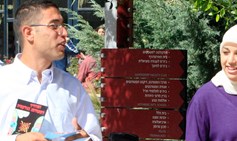
Arab Students at Higher Risk - Survey
Written By: Dr. Nasreen Haddad Haj-Yahya
Upon the opening of the new academic year a special national survey conducted by the Israel Democracy Institute and the Aharon Institute for Economic Policy found 22% of Arab students are considering quitting or taking a break from their studies, compared to 10% of Jewish students.
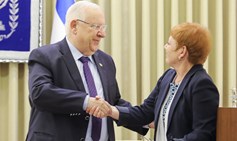
Democracy in Crisis? Israeli Survey Respondents Agree to Disagree
Written By: Prof. Tamar Hermann
Israel's 2018 Democracy Index, an annual survey of the health of Israeli democracy, shows off the deepest contradictions in Israeli life. Prof. Tamar Hermann explains why half the country thinks democracy is endangered but half do not, why the left-right divide is now seen as the most threatening division in Israeli society, but the number of Israeli Jews who think things are going well has been rising for over a decade
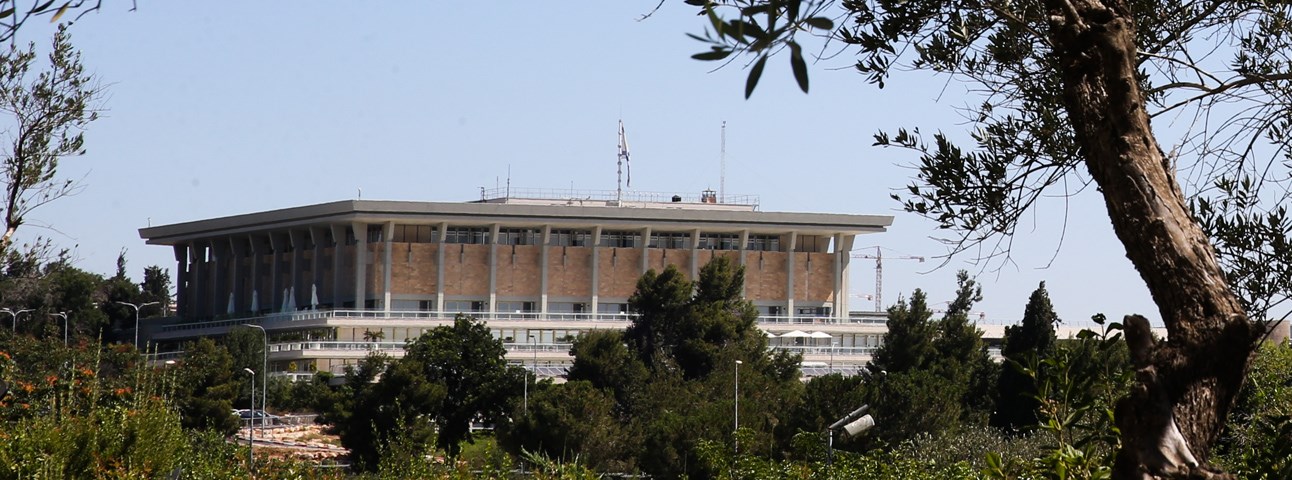
Two Democracies for Two Peoples
Written By: Dr. Shuki Friedman
Israeli society is becoming increasingly polarized with each group holding a very different view of democracy and the State of Israel

The Case for Substantive Democracy
Written By: Yohanan Plesner
As calls for a "majoritarian democracy" gain strength in Israel, IDI's President warns of the dangers associated with a tyranny of the majority, and makes the case for a richer interpretation of democracy, grounded in the principles of liberty, equality and the separation of powers.

Rabin: Warrior for Equality
Written By: Dr. Nasreen Haddad Haj-Yahya
Rabin's legacy was equal representation at decision-making levels, fair regulation of land and services in Arab towns and equality as a right that’s guaranteed to all.
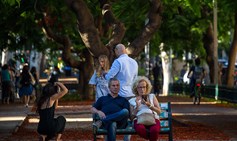
Peace Index: 40% of Israelis Believe that Rifts Between Groups Will Widen
Monthly survey also finds that 84.5% of Israeli public defines mood as good or very good while 43% expresses trust in Prime Minister Netanyahu.

Out of Sight: How Do Israeli Parties Perform on Social Networks?
Yesh Atid, Zionist Camp and Meretz have the strongest online presence, while the Joint List and Yisrael Beiteinu lag behind.

Three Years since Operation Protective Edge, Israeli Public Defines Israel’s Security Situation as Good
Latest Peace Index: More than half of Jewish and Arab Israelis see high chances of war between Hamas and Israel in coming year

62% of Jewish Public: Holding onto Territories in Judea, Samaria Not An Occupation
Post Trump visit: 59% of Jewish public - low chance of U.S. President bringing Israelis, Palestinians back to negotiating table

Surveys: 50 Years Since the Six-Day War
The Guttman Center for Public Opinion and Policy Research (then the Guttman Center) carried out a series of surveys just before, during and after the war.
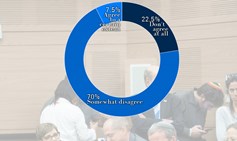
What Do Parliamentary Aides Think of the Work of Members Of Knesset?
Researchers surveyed aides in 40 Knesset offices. Of those, 92% of aides says they think MKs do not come prepared for Knesset committee meetings and that the Knesset is not succeeding in properly supervising the government (95%).
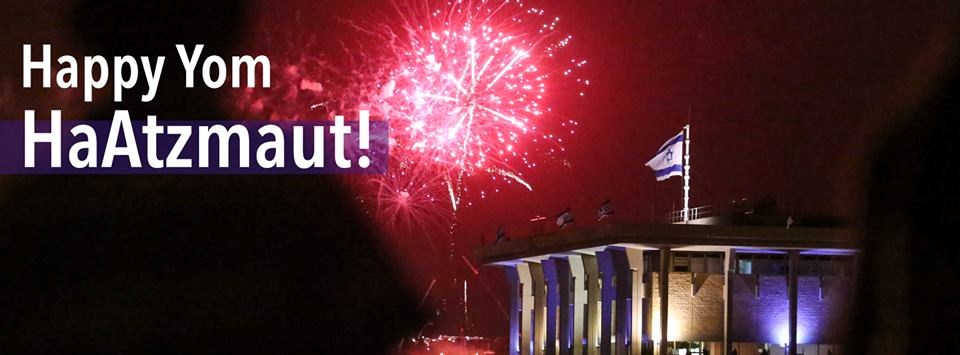
How's It Going?
80% of Israelis are proud to be Israeli; 71% are optimistic about Israel’s future; and 38% see social gaps as a major challenge

If Elections Were Held Tomorrow, Israelis Would Select a Right-of-Center Government
Latest Peace Index: Trump’s White House invitation to Abbas not viewed as negative toward Israel; Israelis believe chances of Israeli-Syrian war low

Israelis: Trump Will Allow Construction in the Territories
Latest Peace Index shows majority of Jewish Israelis think Netanyahu’s performance is not very good.

50% of Jewish public Hesitant to Expand Settlement Construction, Even with Trump at Helm
In addition to questions about building in or annexing parts of Judea and Samaria, the Peace Index looked at aspects of the investigations of Prime Minister Benjamin Netanyahu, including trust in the police and in the attorney-general. In light of what has been revealed about conversations between Netanyahu and Yedioth Ahronoth publisher Arnon Mozes, the Peace Index looked at the public’s attitude toward Israeli media.

Arabs & Jews Agree: Trump will be Friendly toward Israel
Latest Peace Index: despite UN Security Council Resolution 2334, majority of Jewish Israelis support continued building in the settlements; Israelis consider trial of Elor Azaria unfair; in 2017, all are optimistic








